iPhone 7: 14 new features for business users
Both personal and professional customers can look forward to significant changes from the iPhone 7
A free daily email with the biggest news stories of the day – and the best features from TheWeek.com
You are now subscribed
Your newsletter sign-up was successful
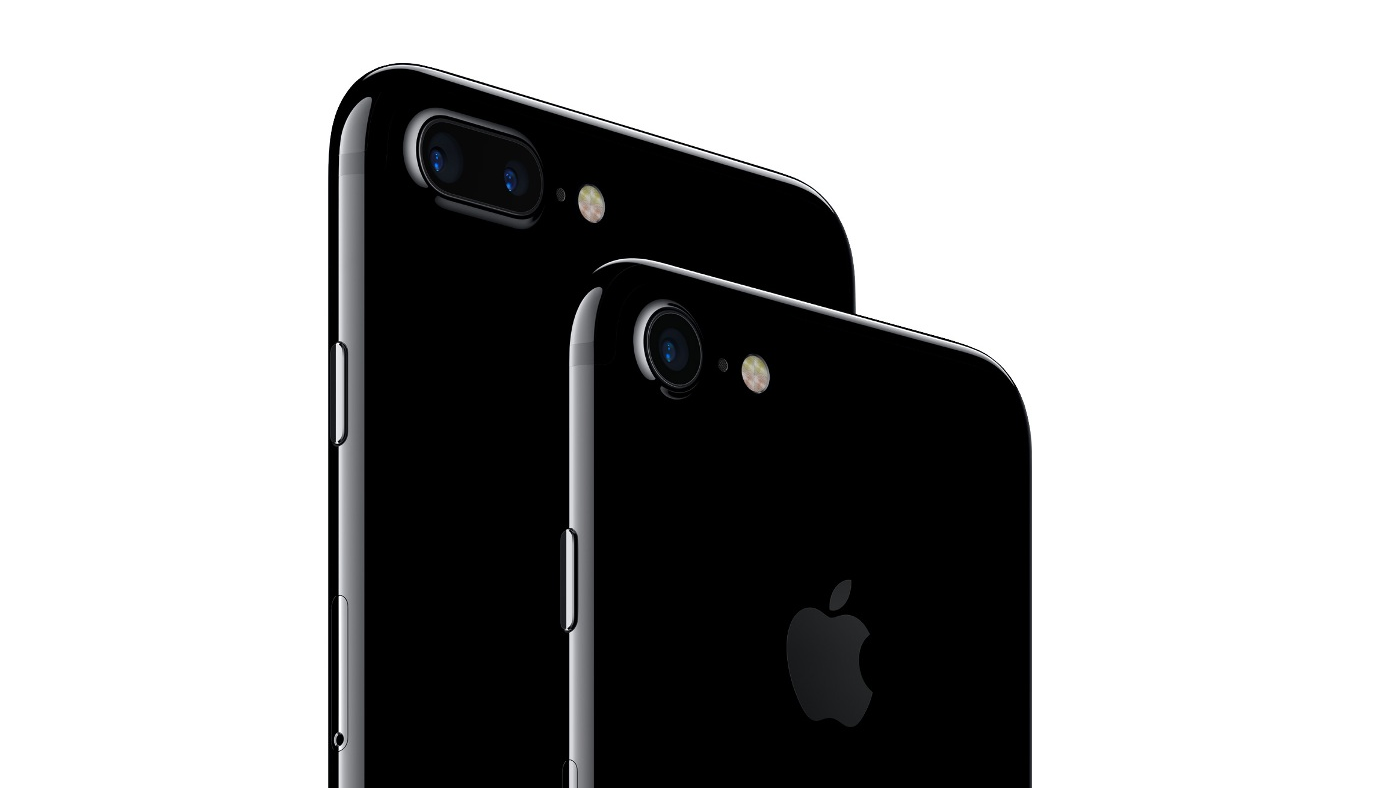
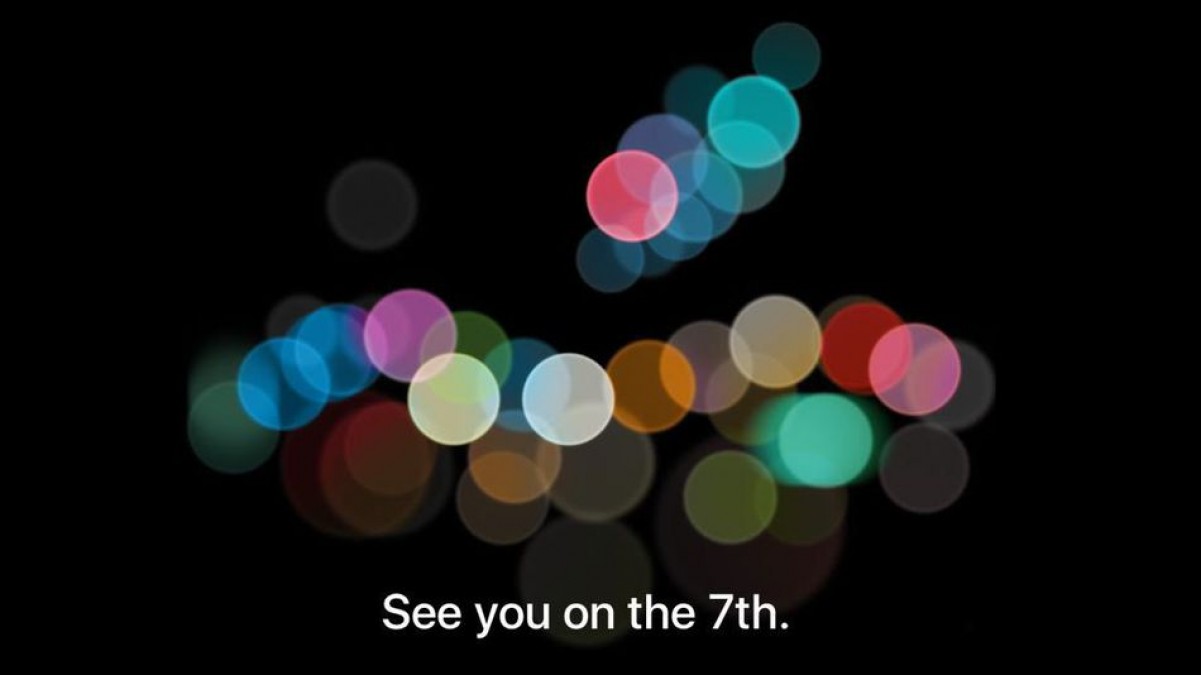
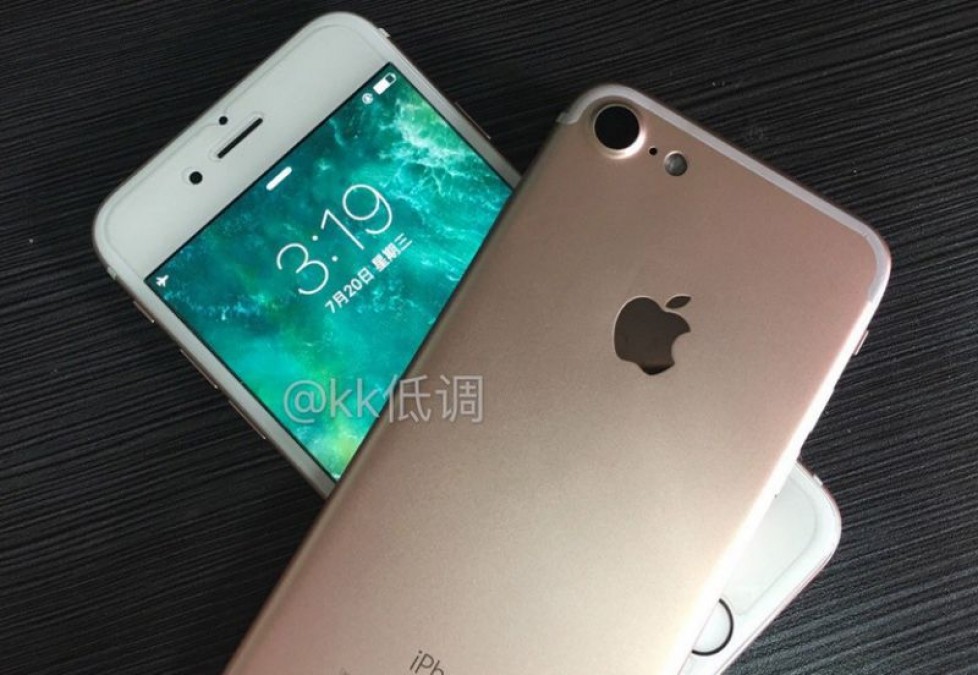
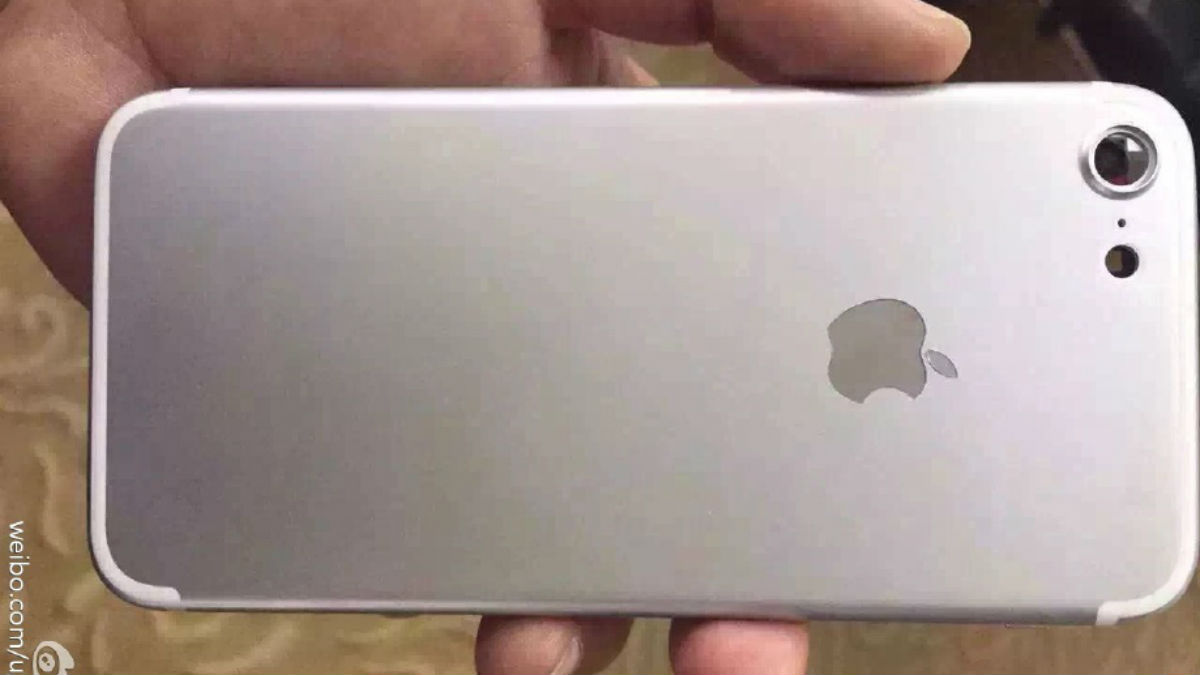
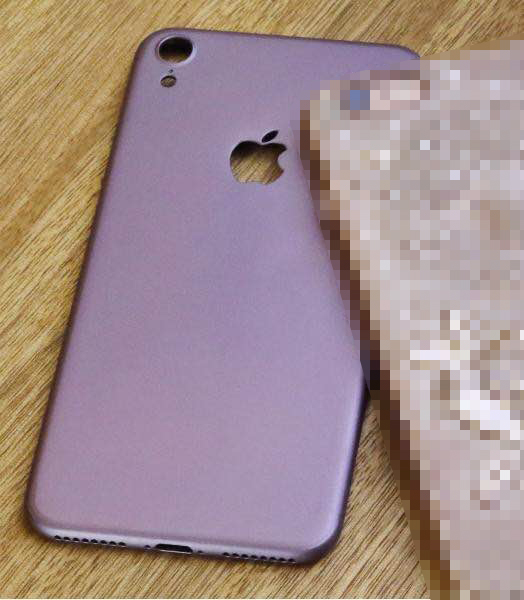
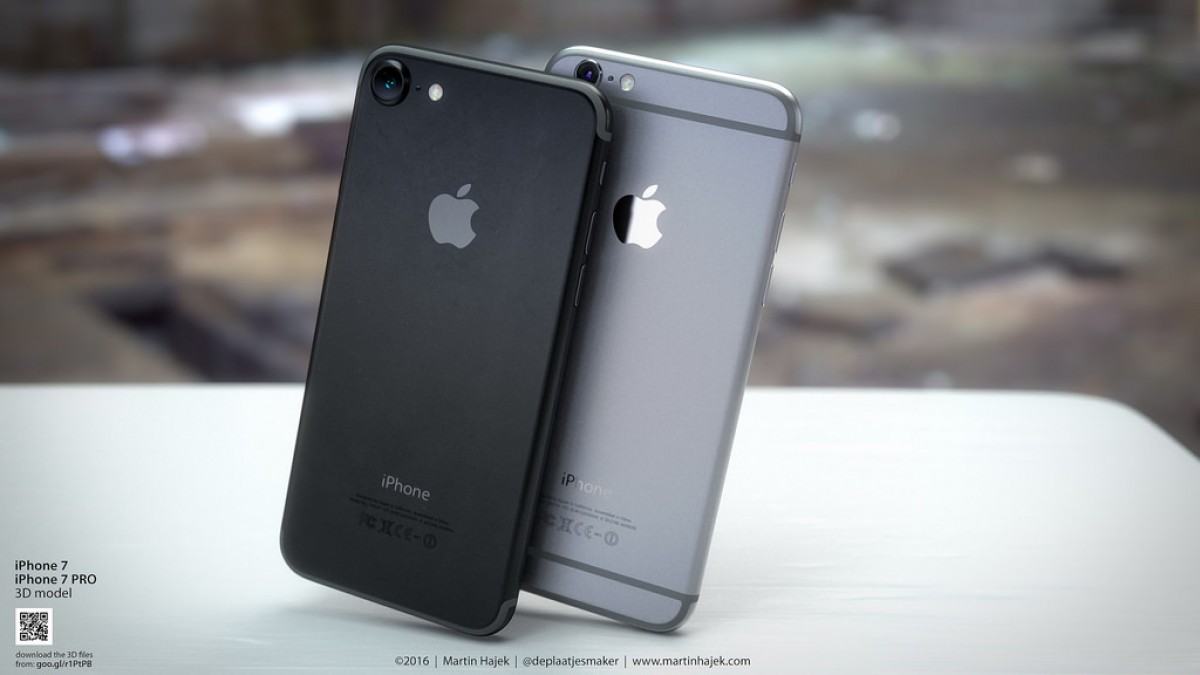
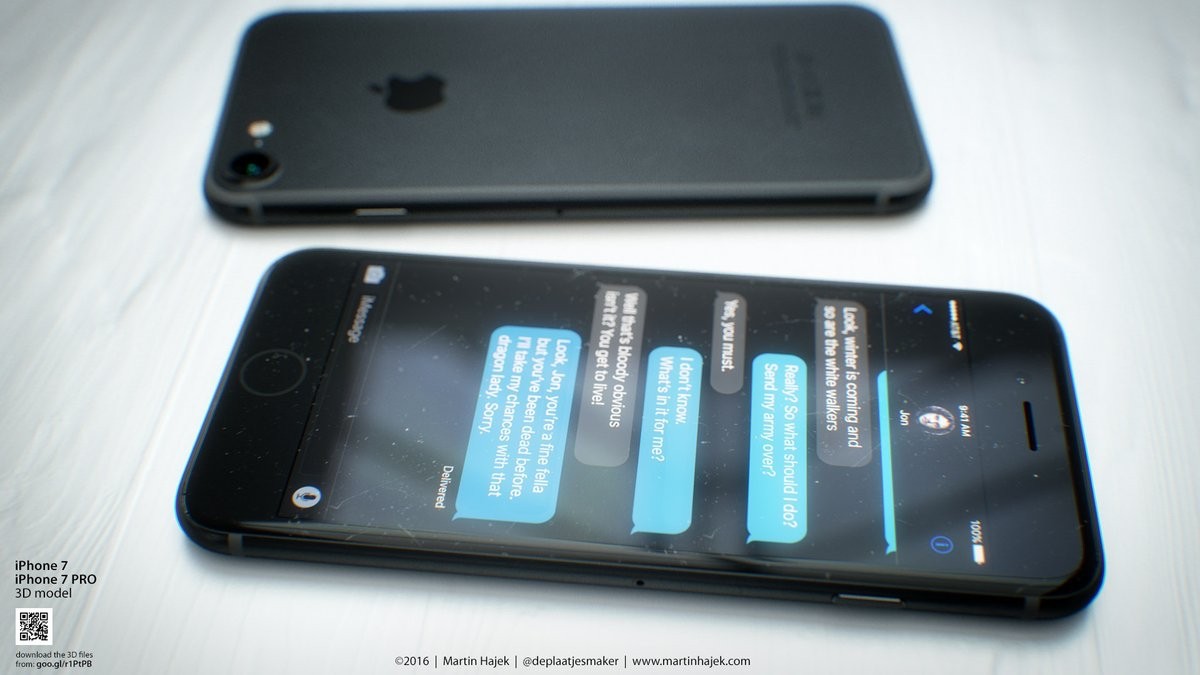
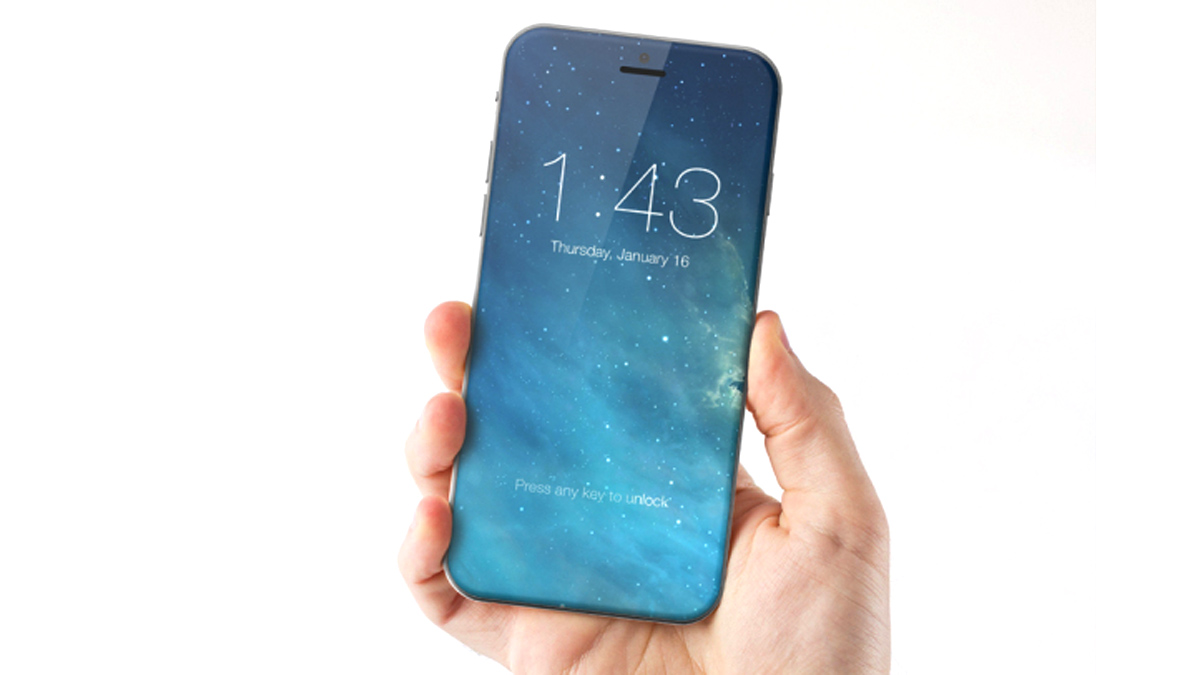
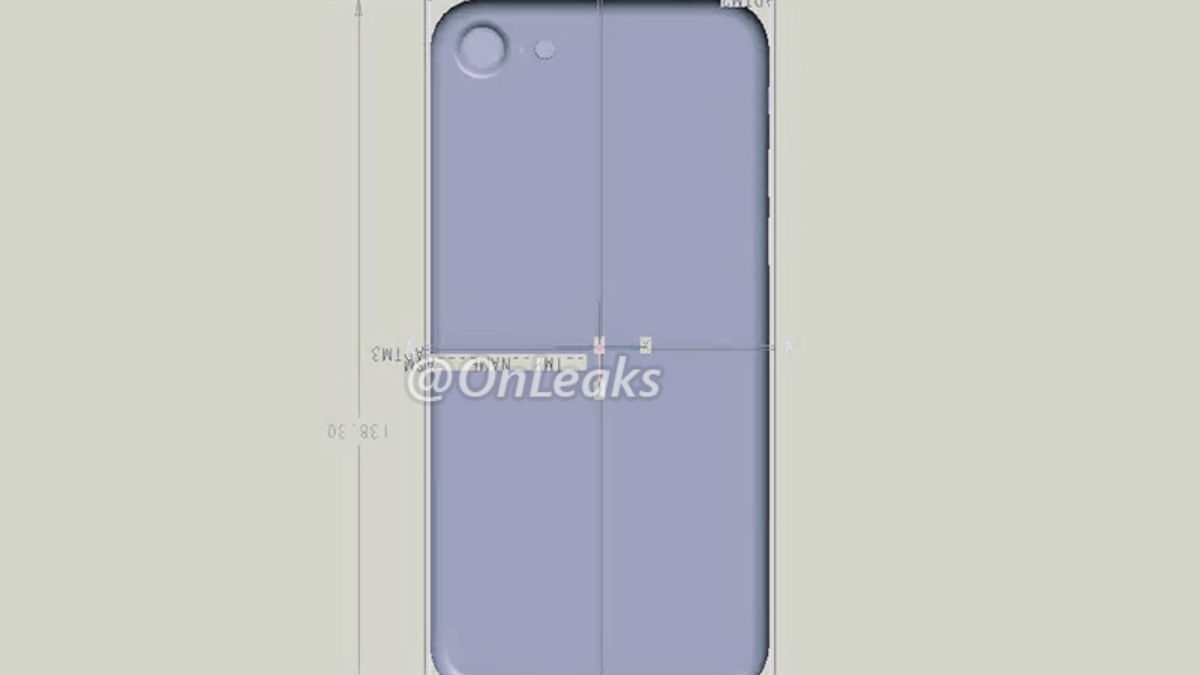
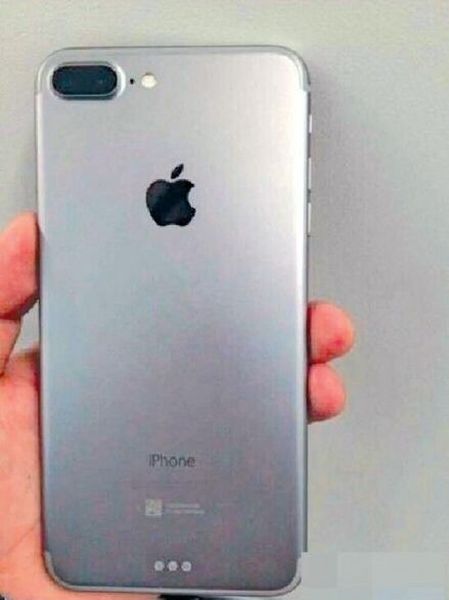
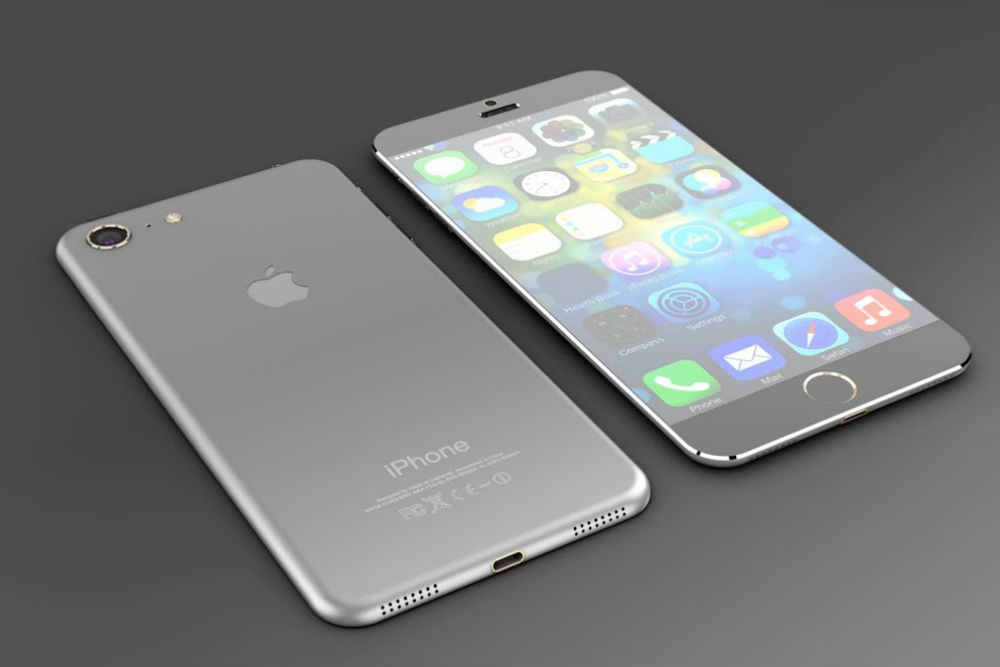
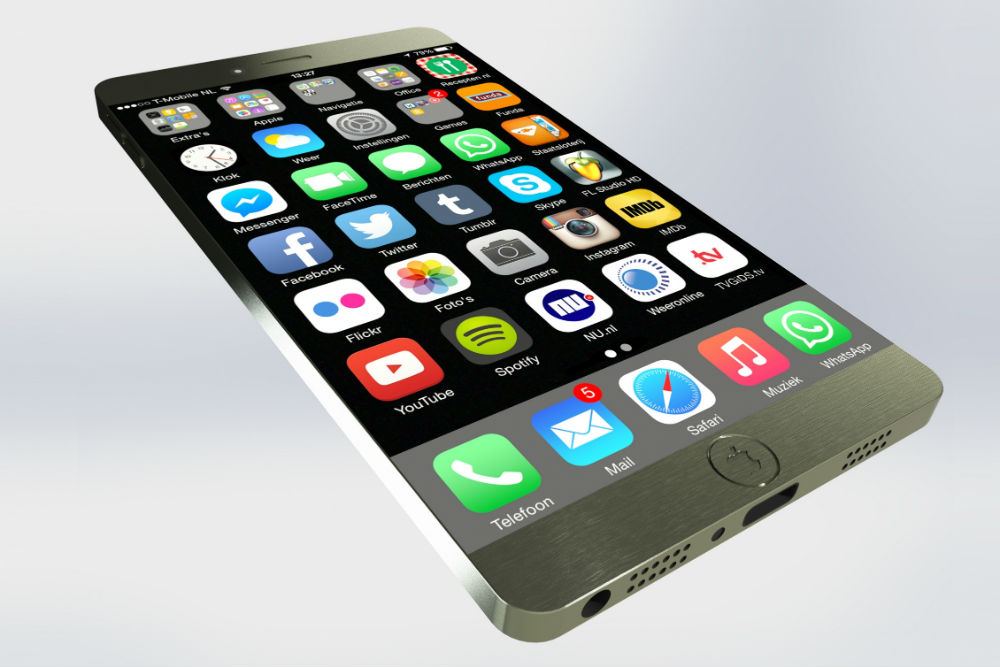
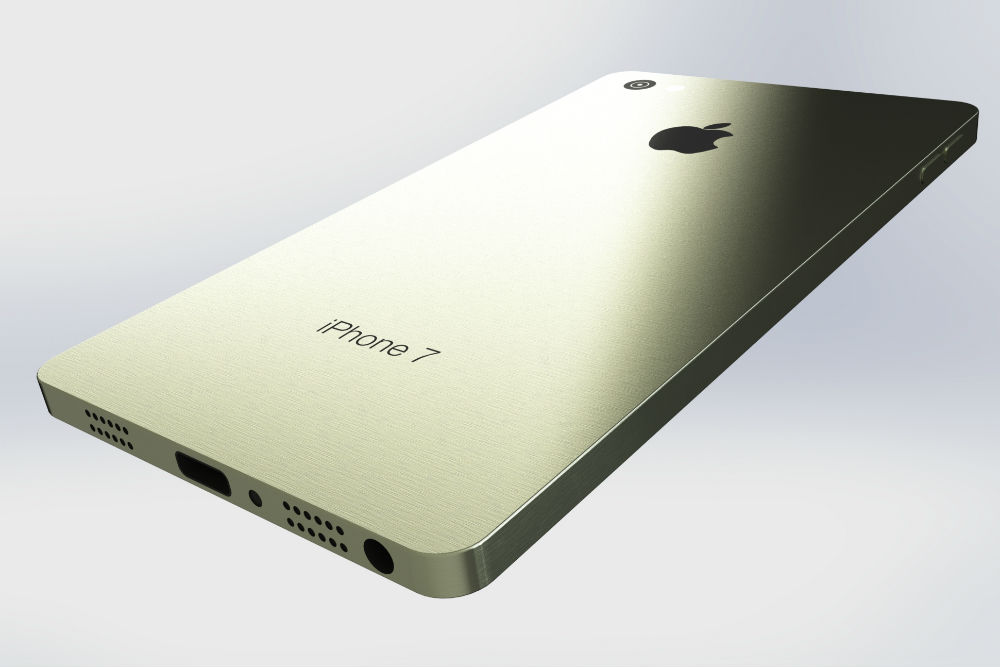
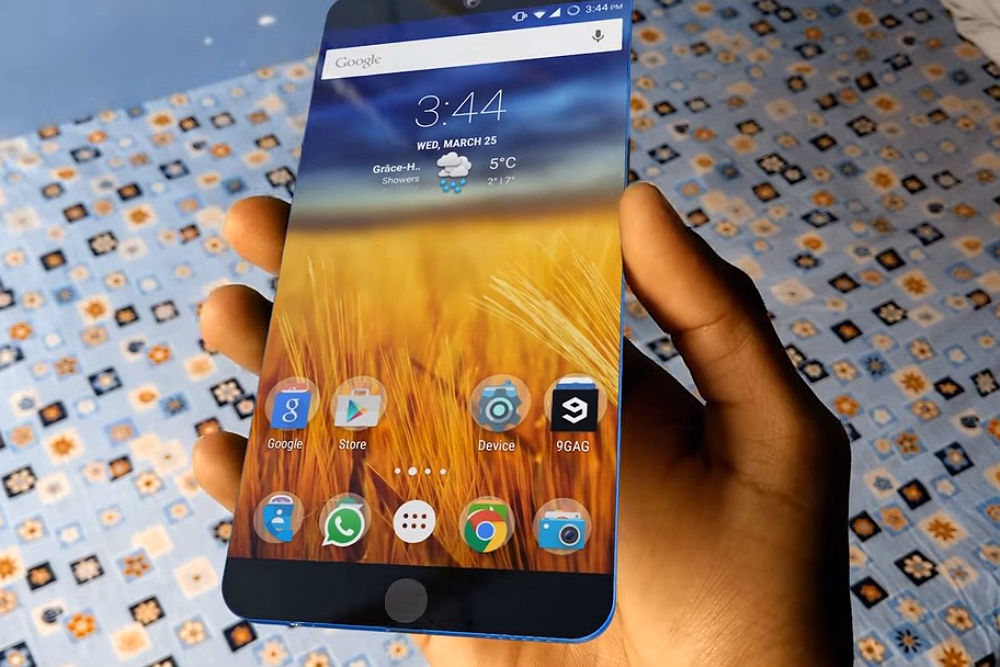
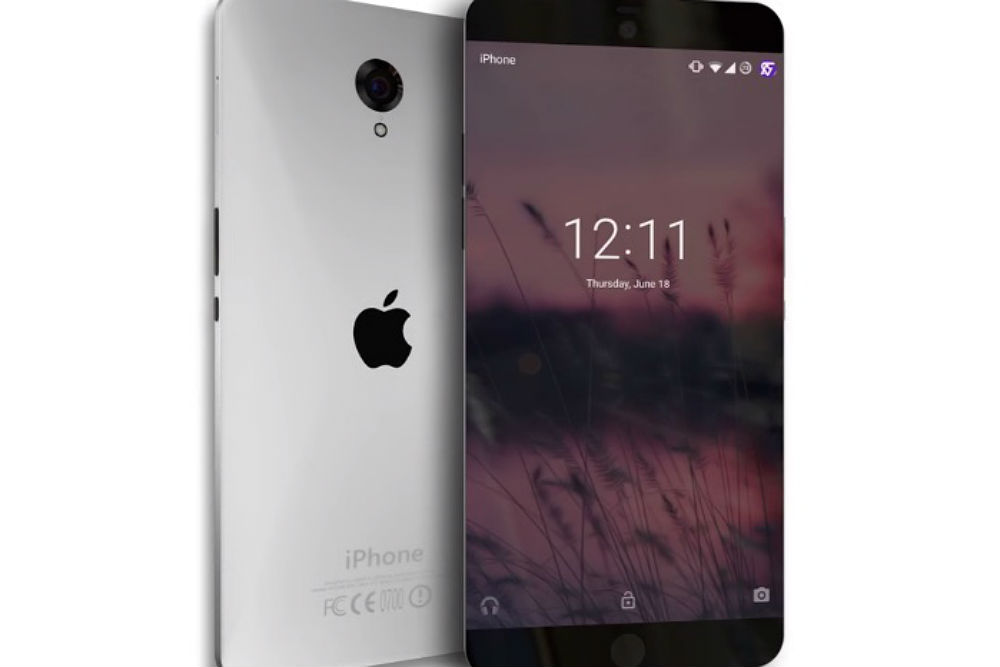
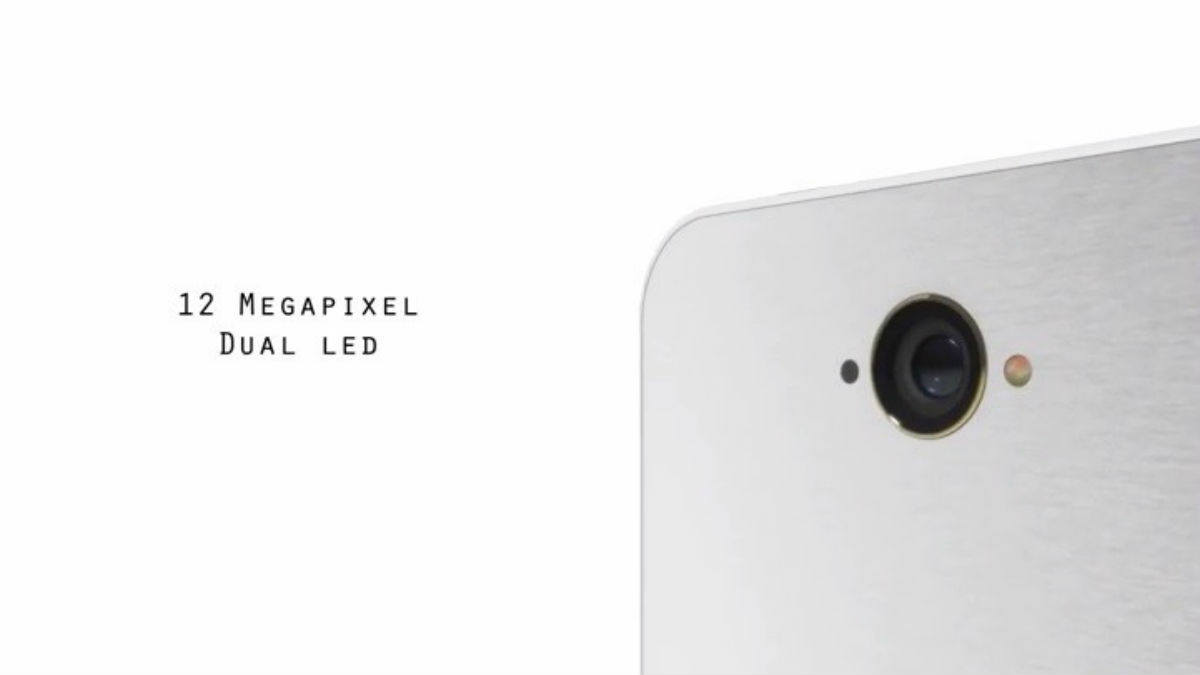
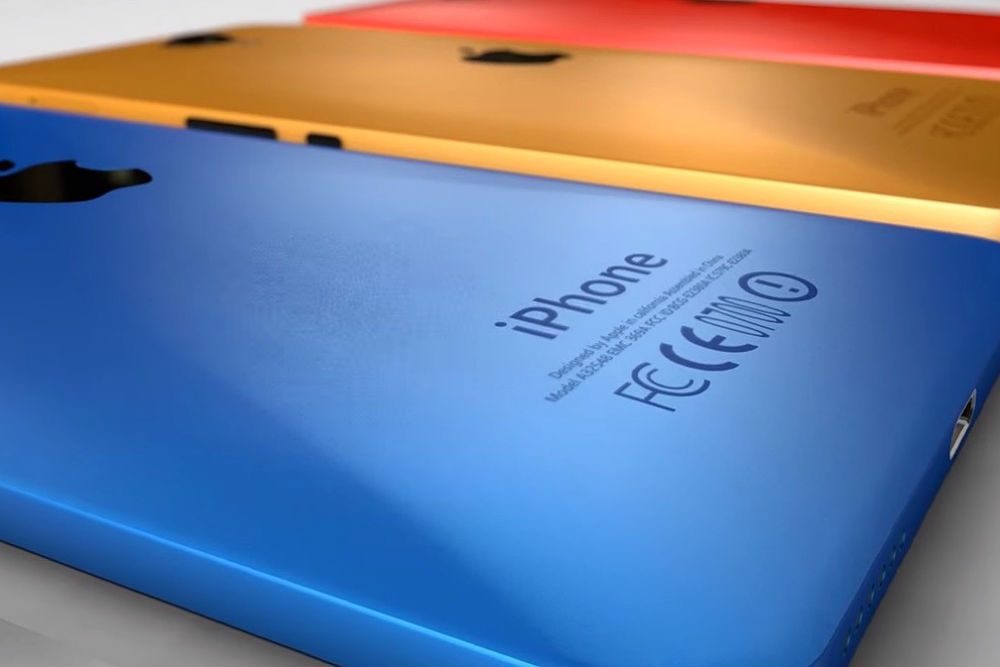
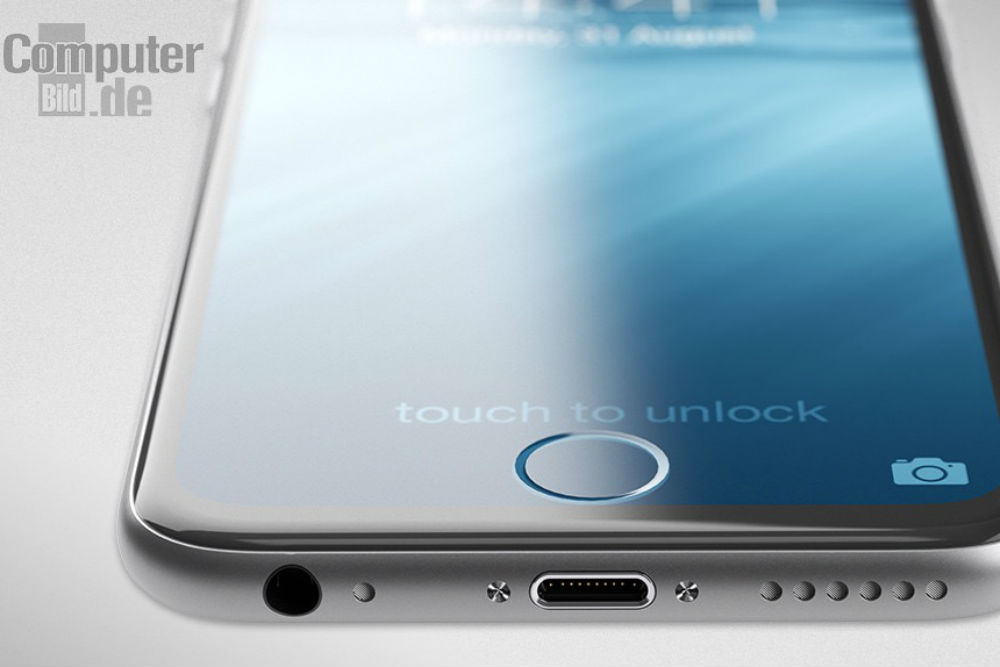
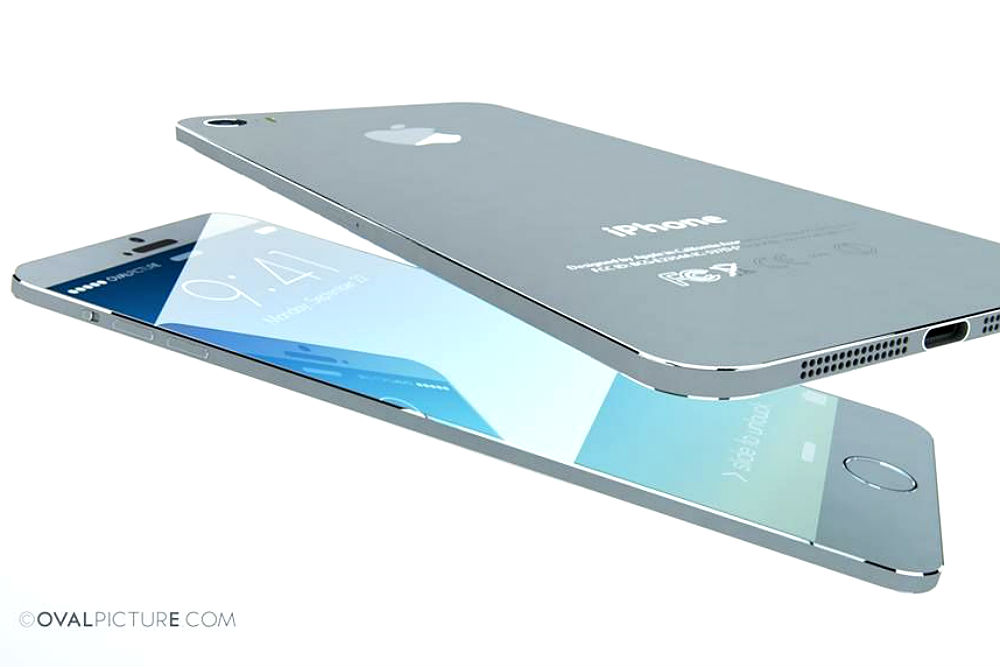
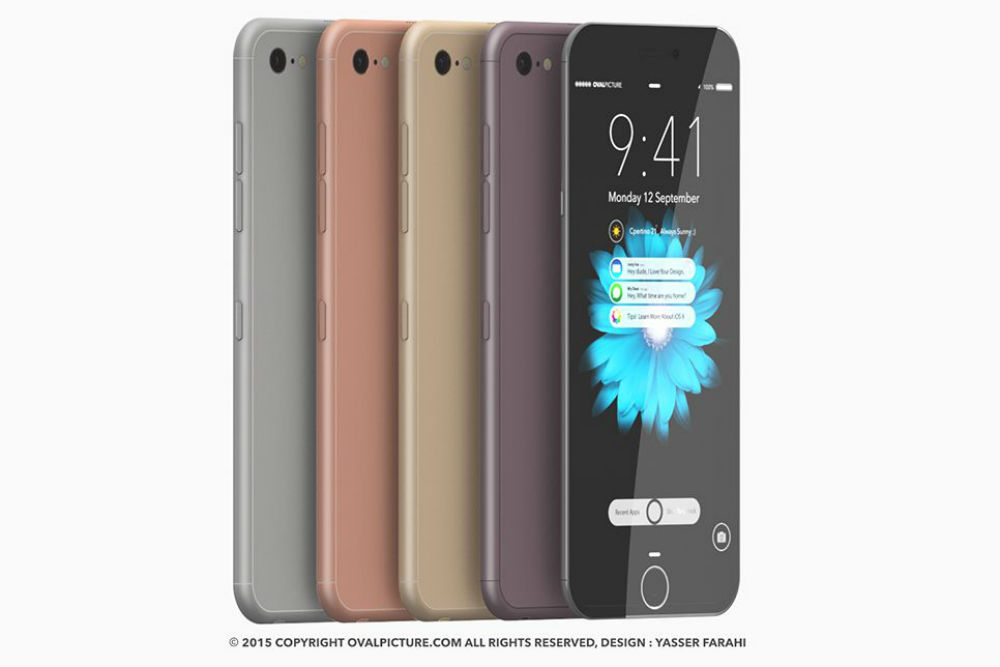
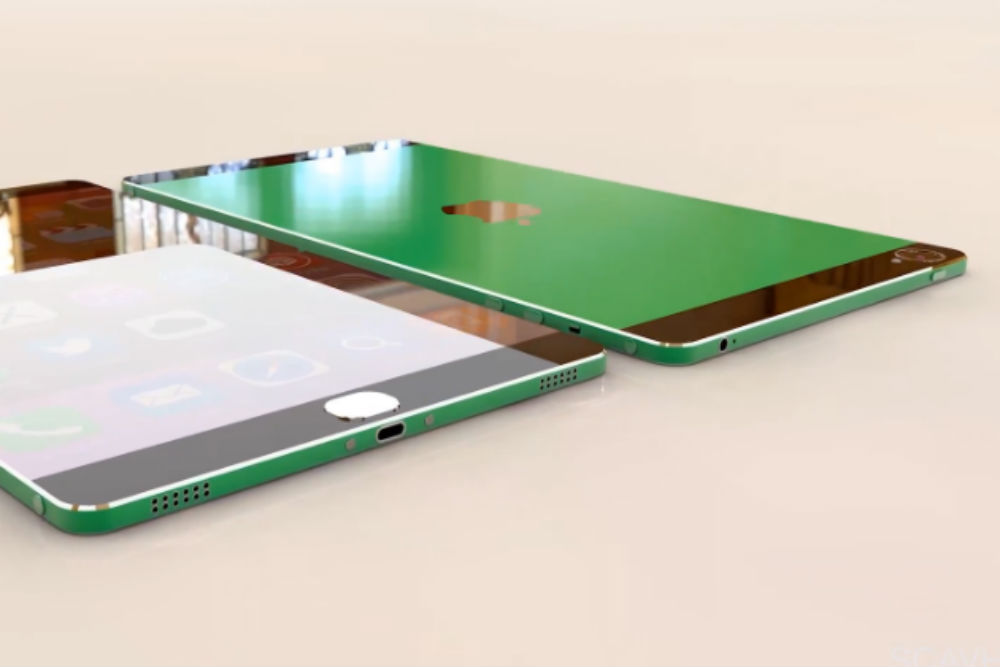
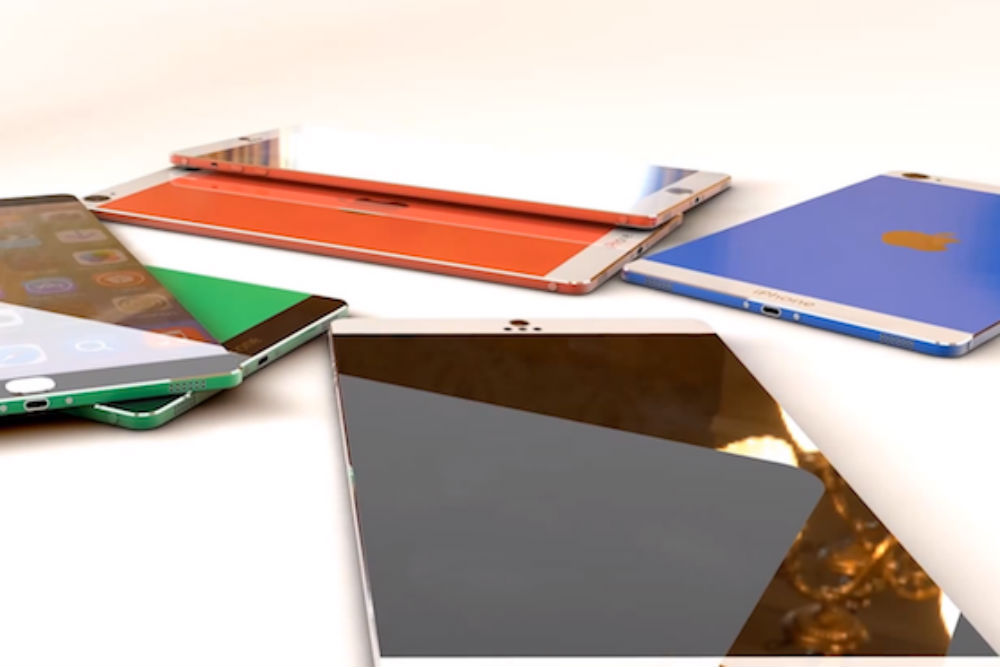
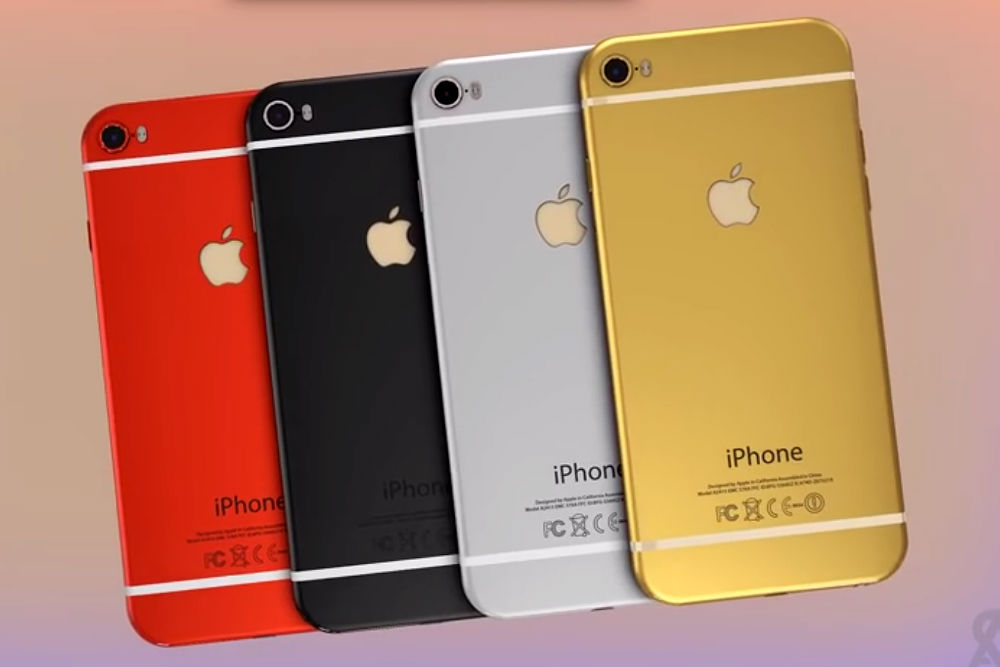
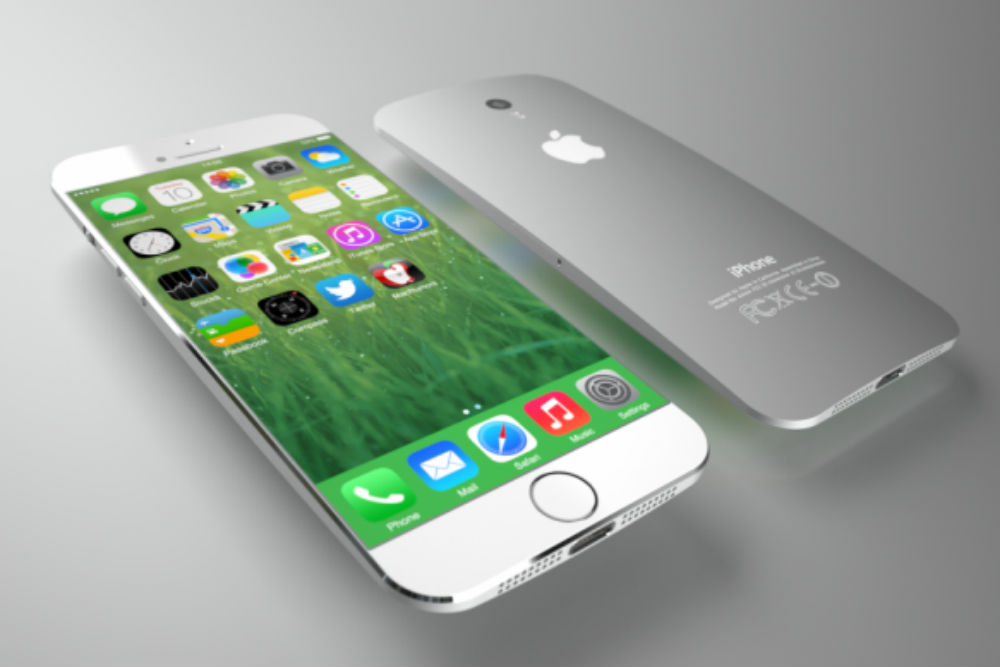
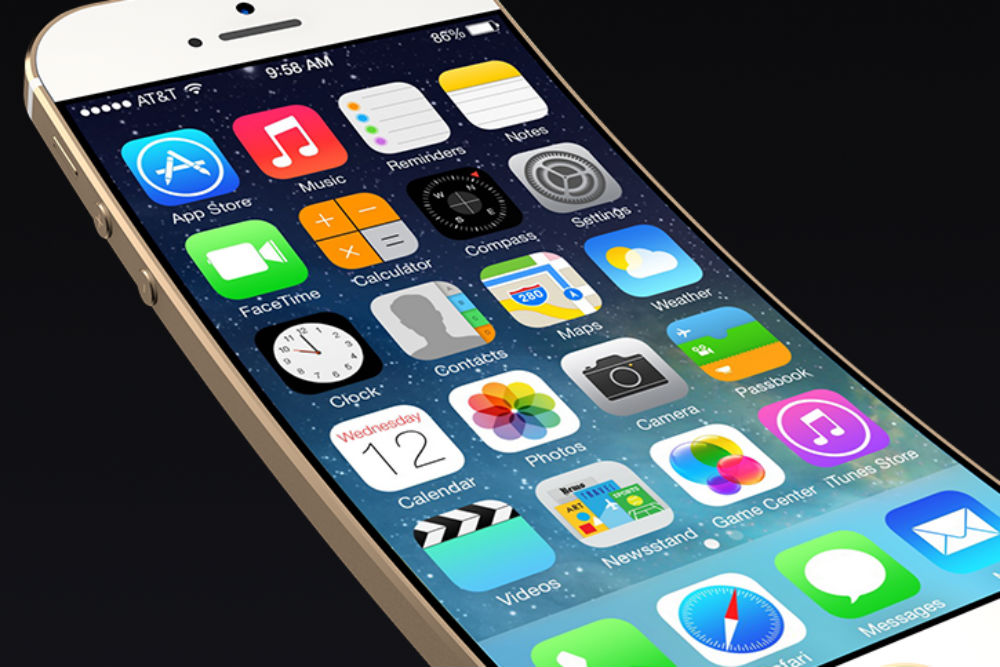
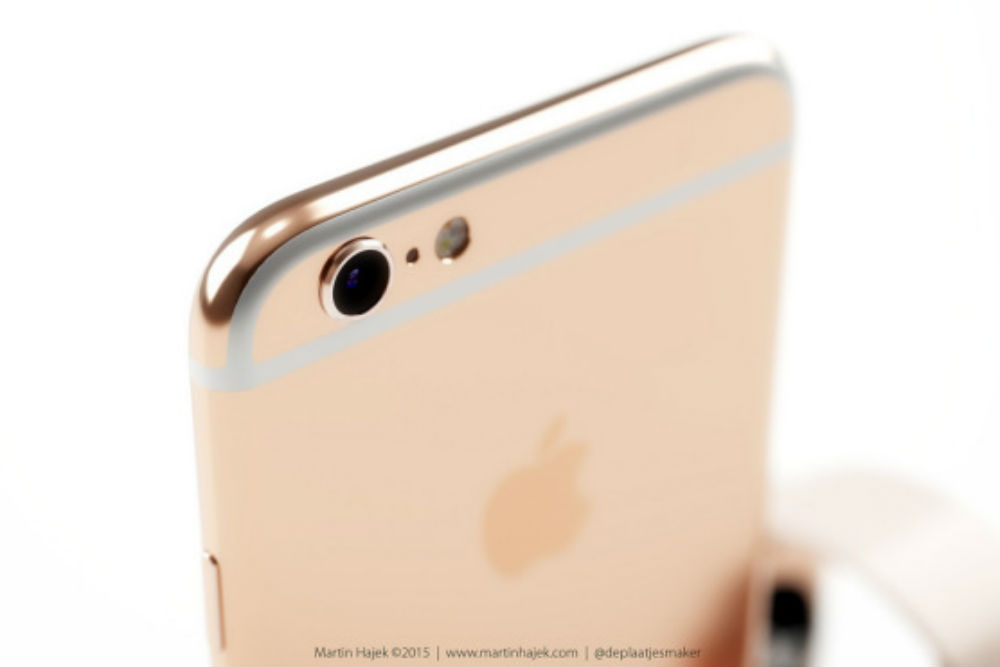
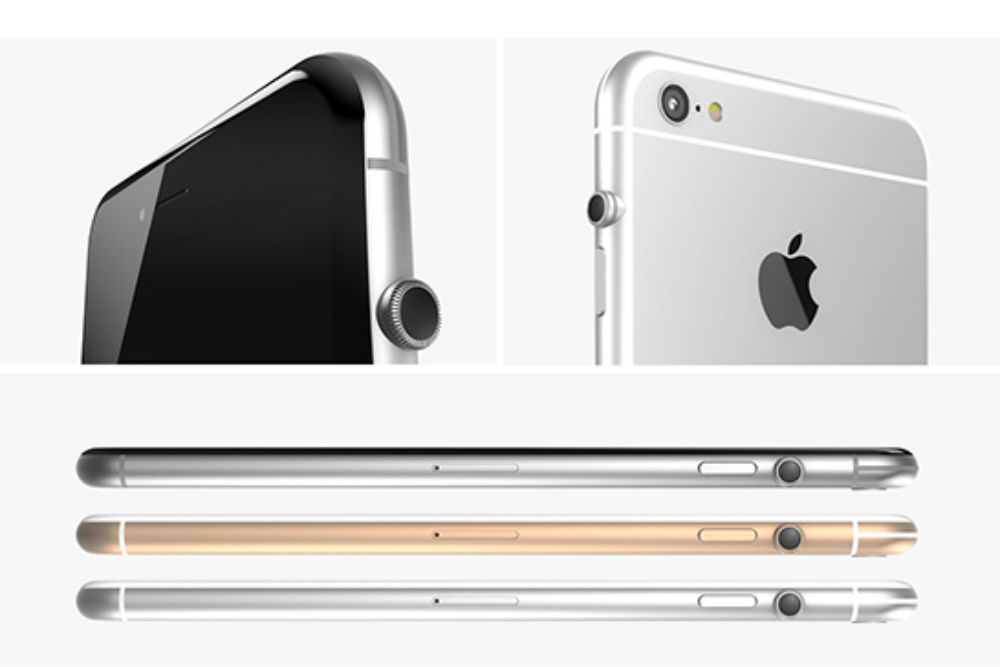
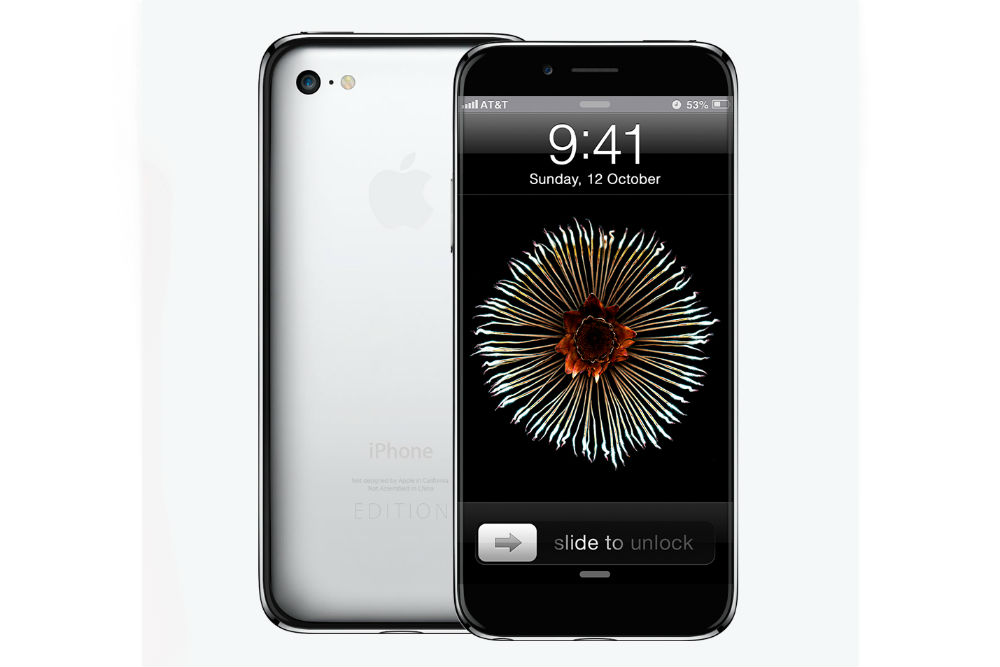
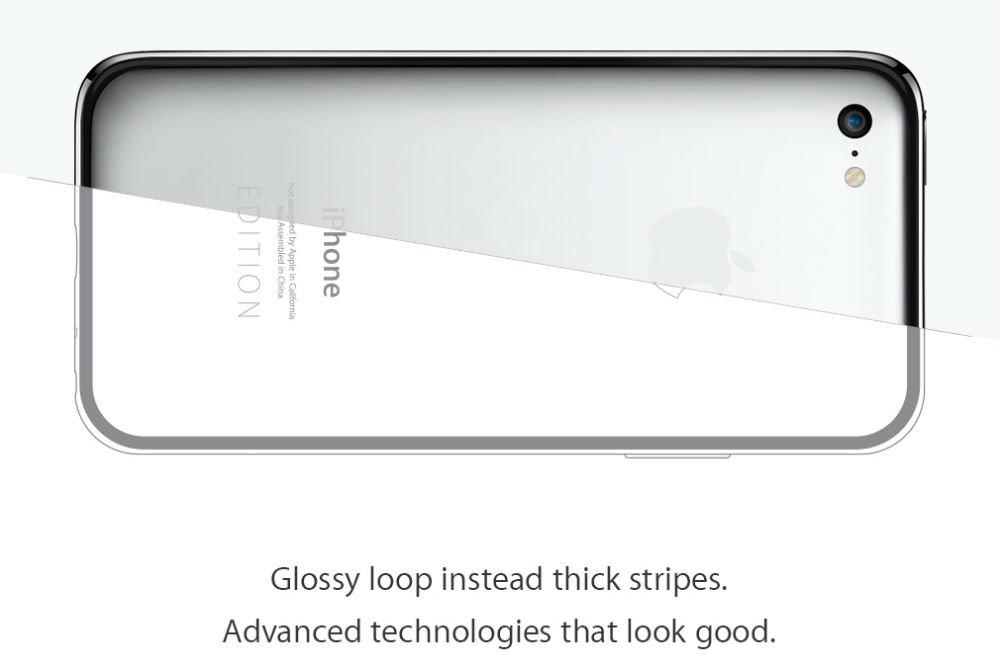
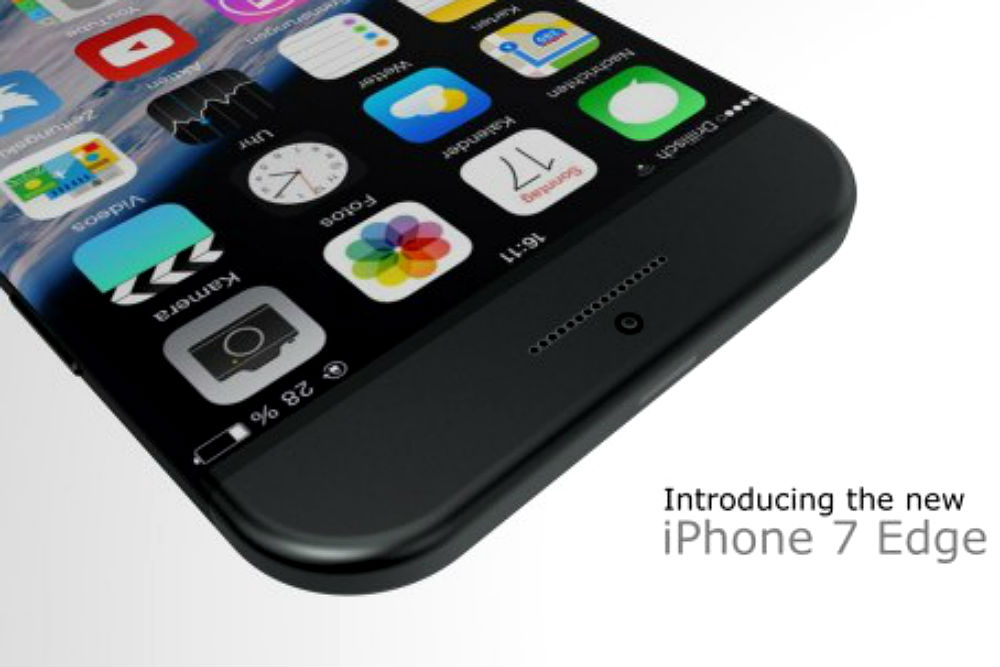
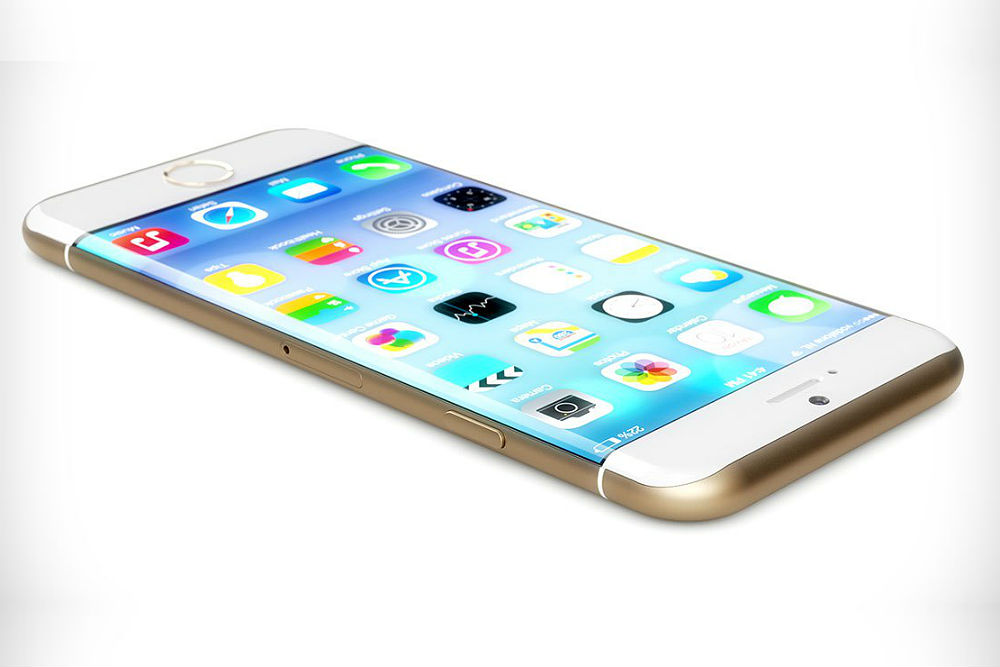
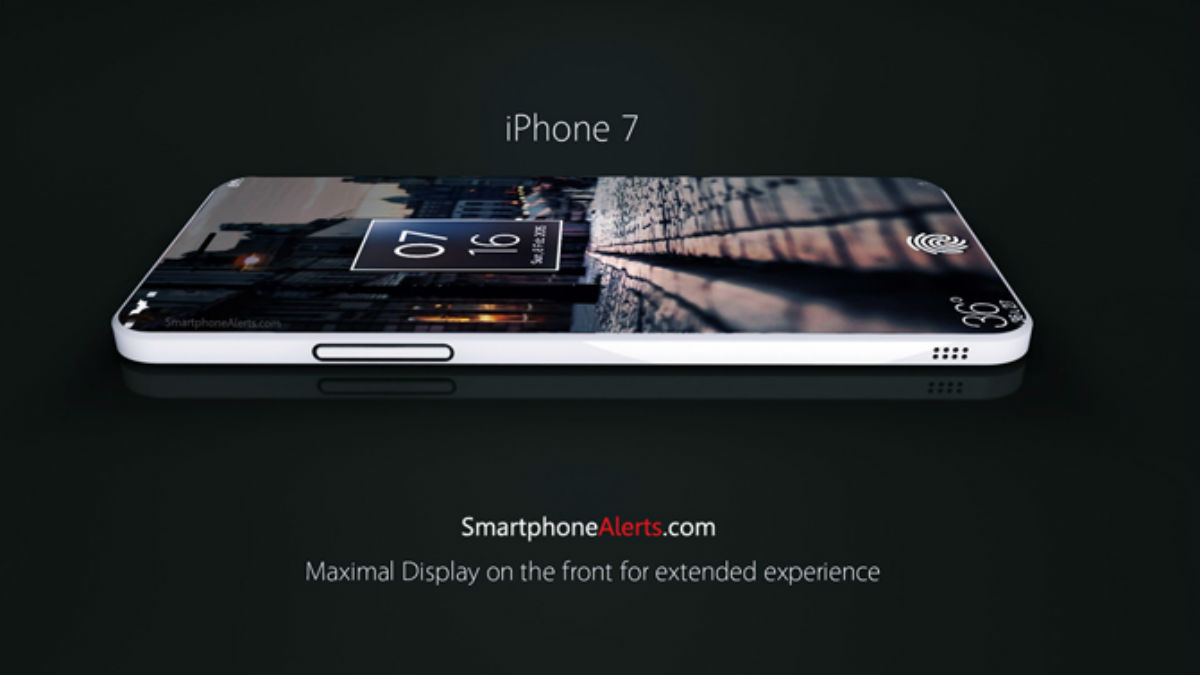
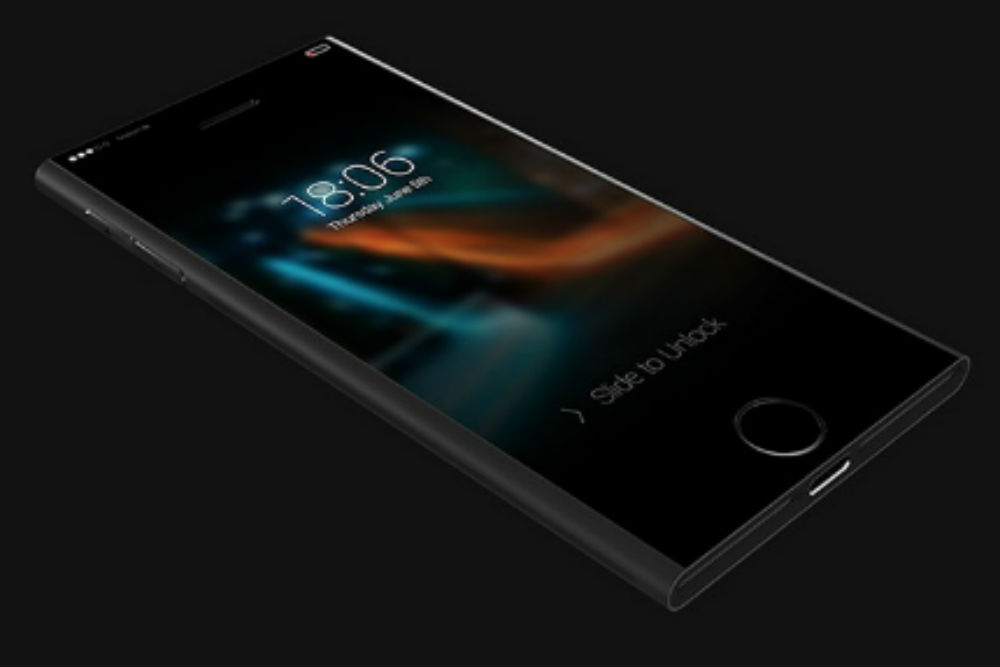
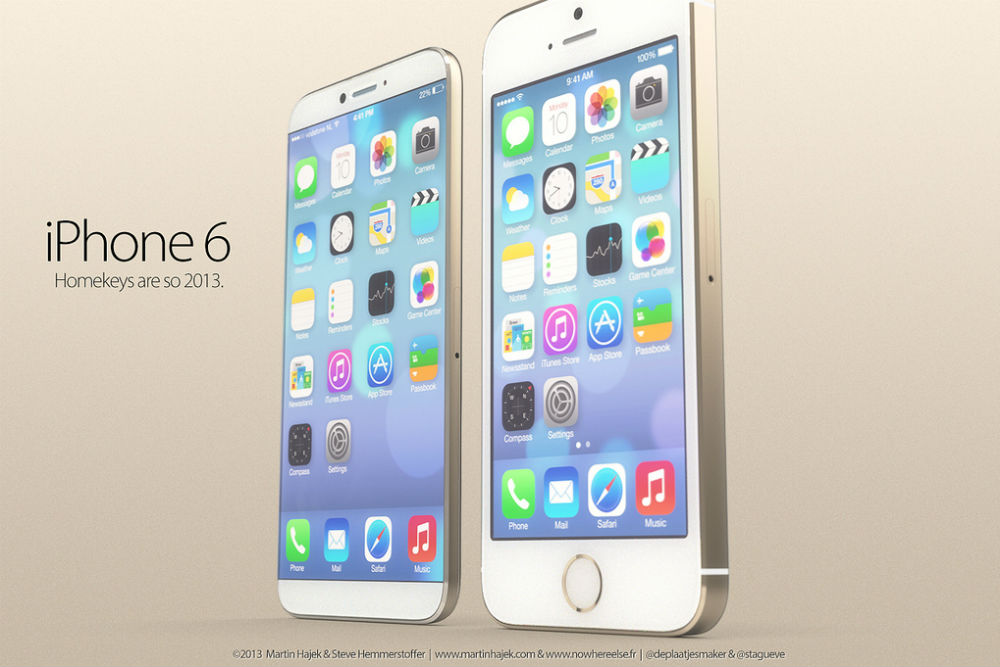
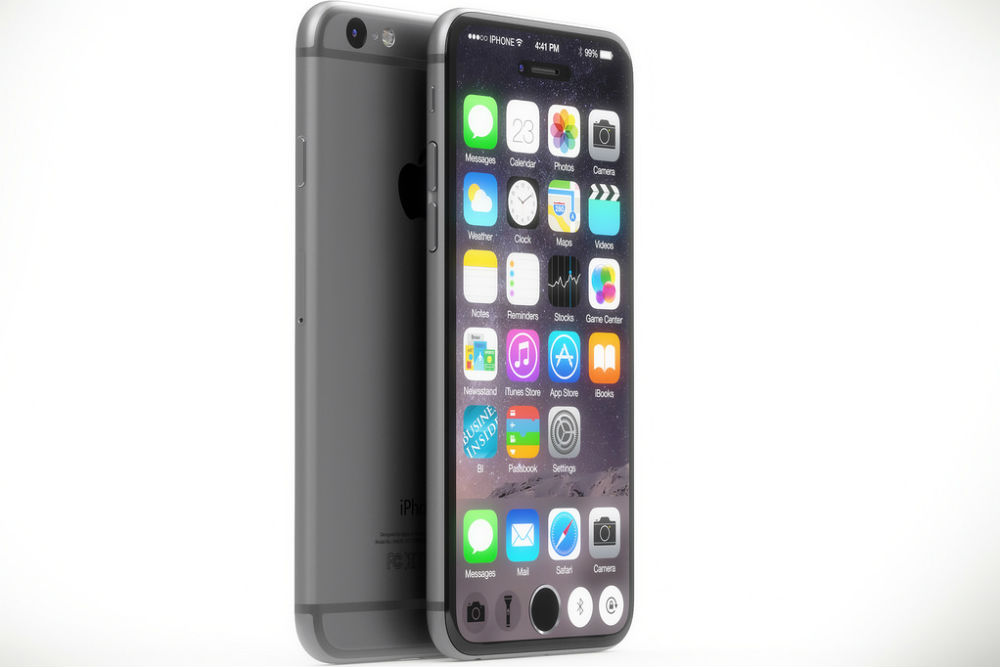
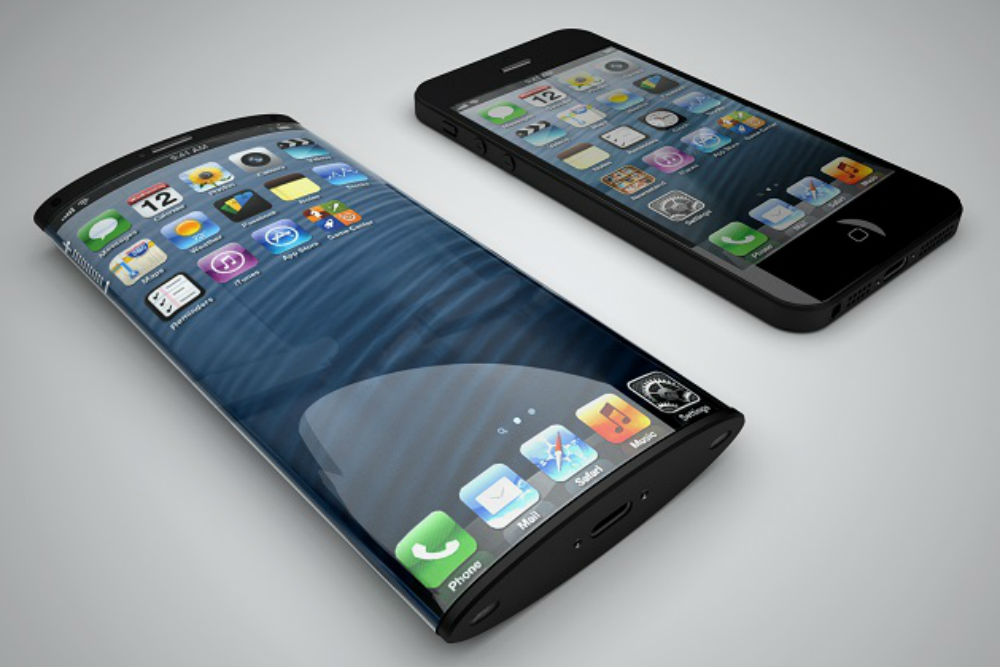
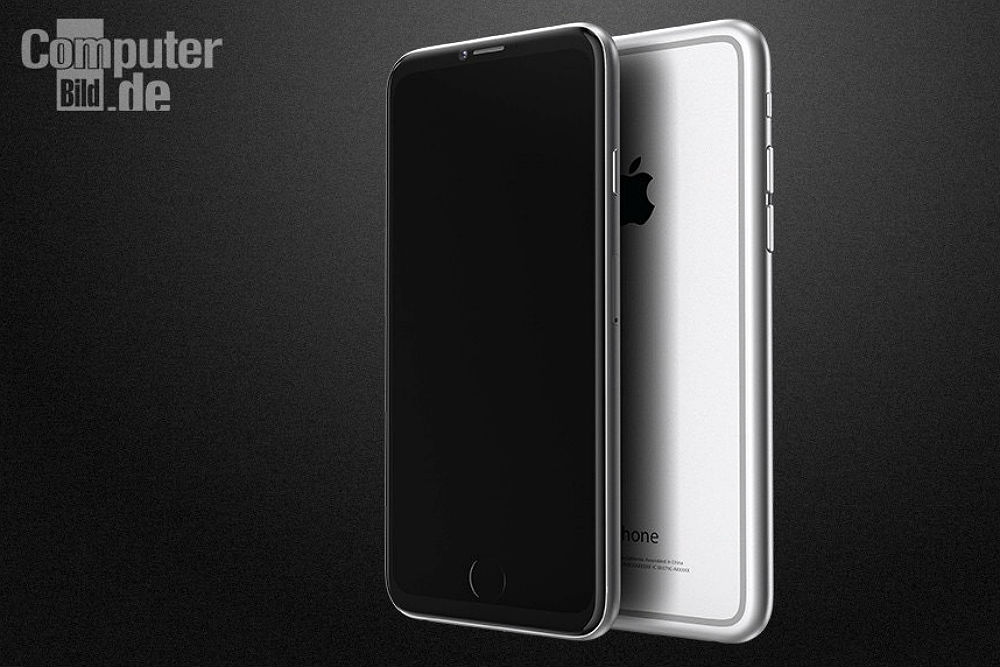
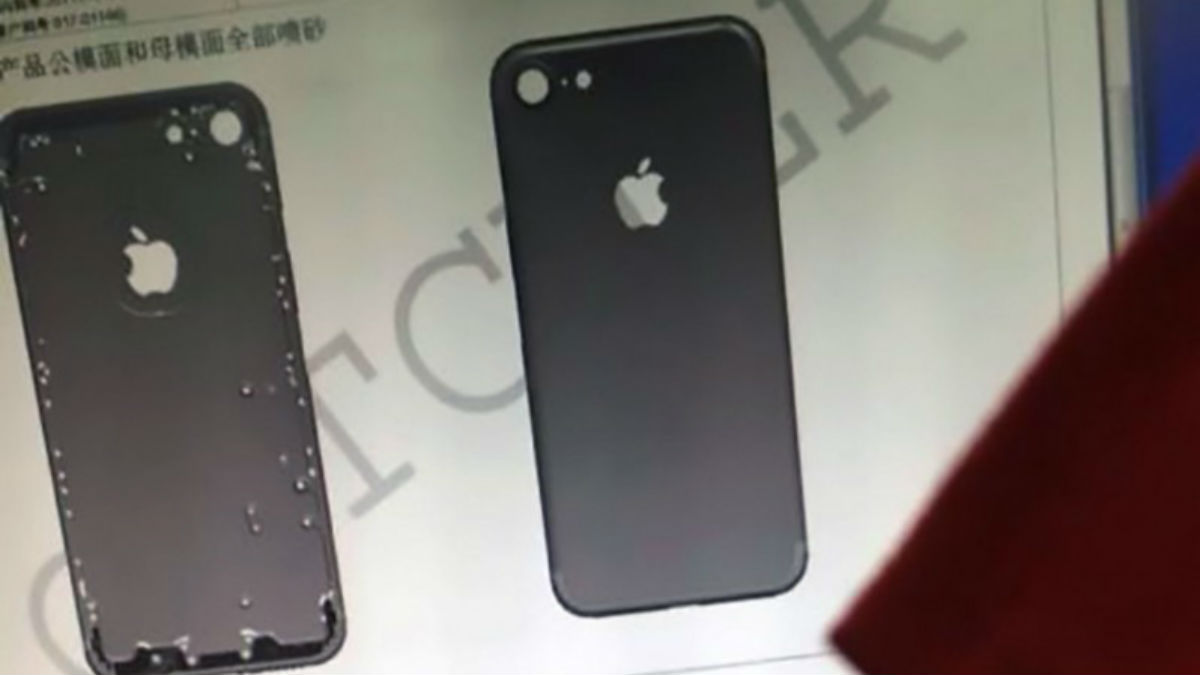
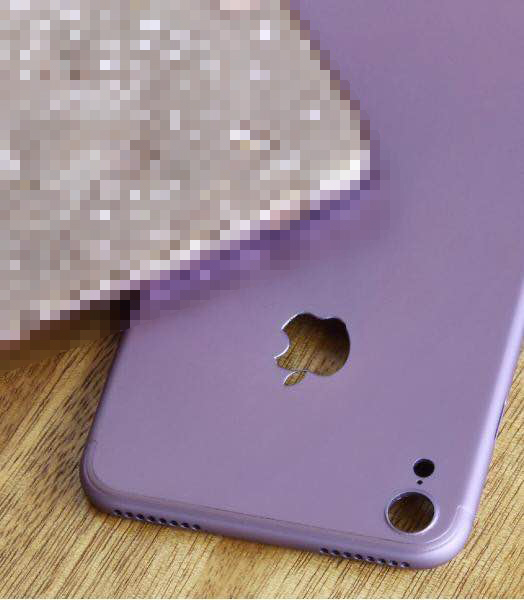
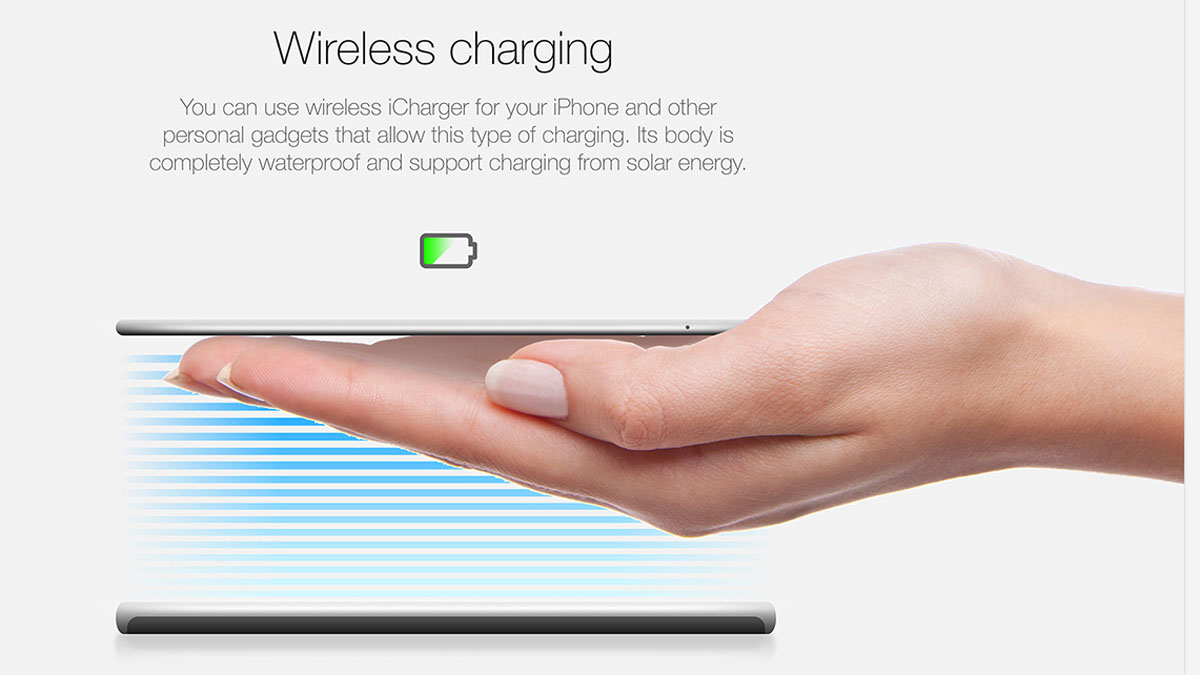
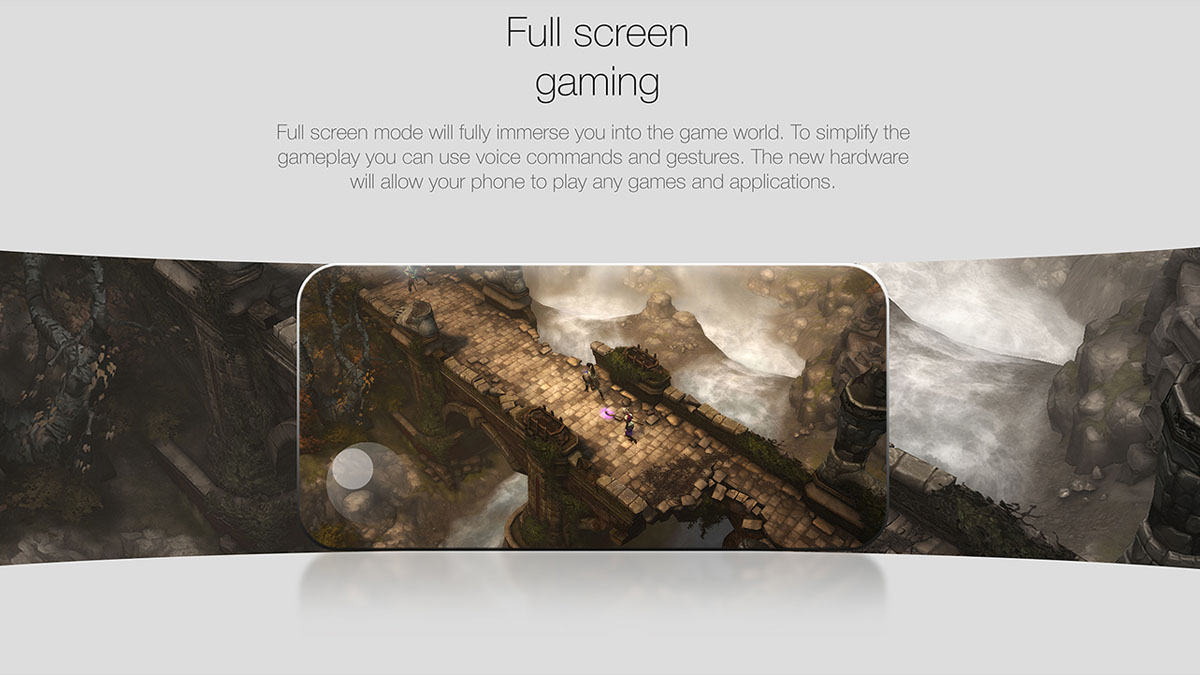
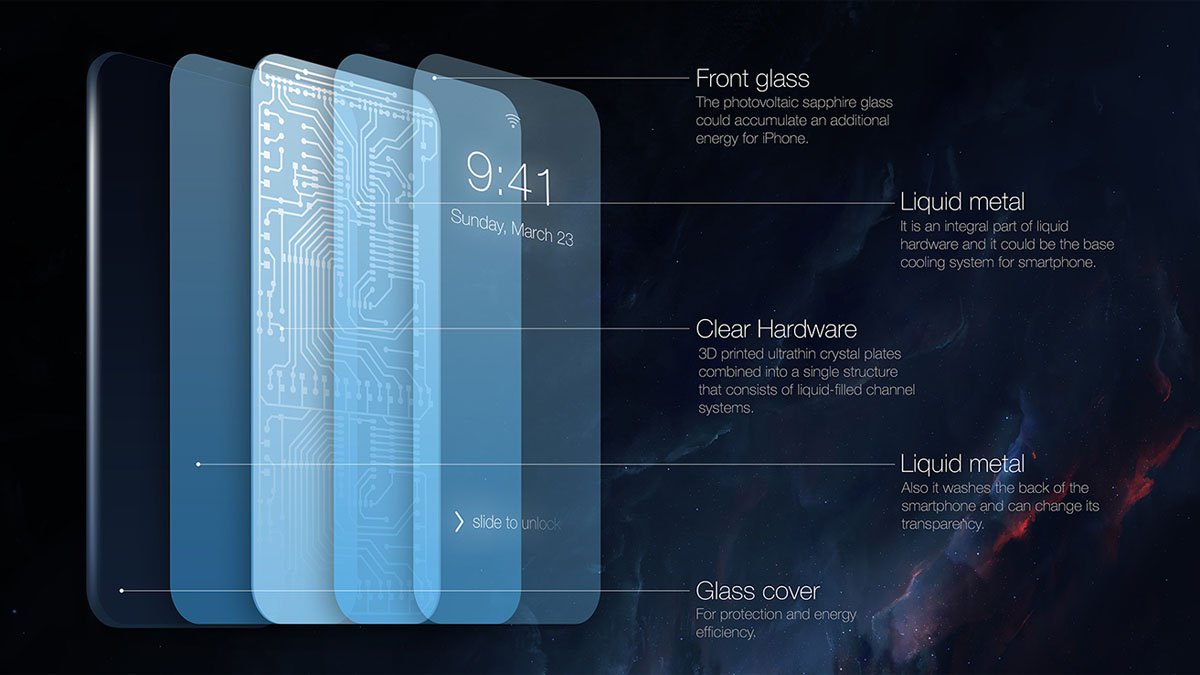
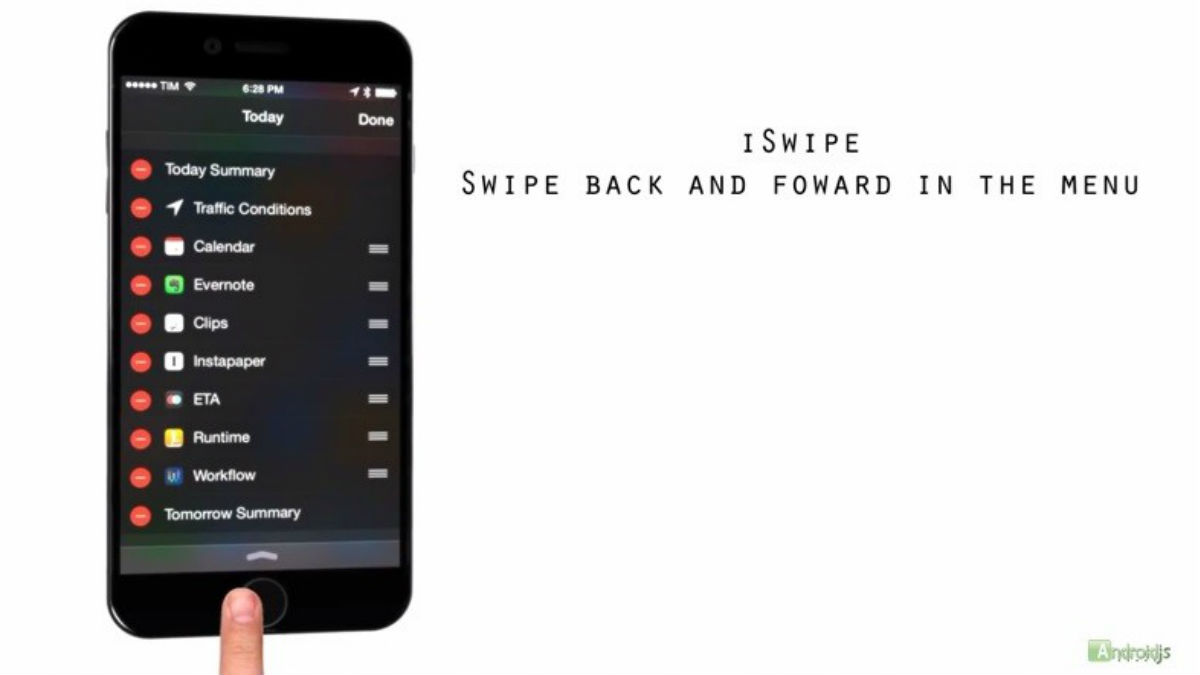
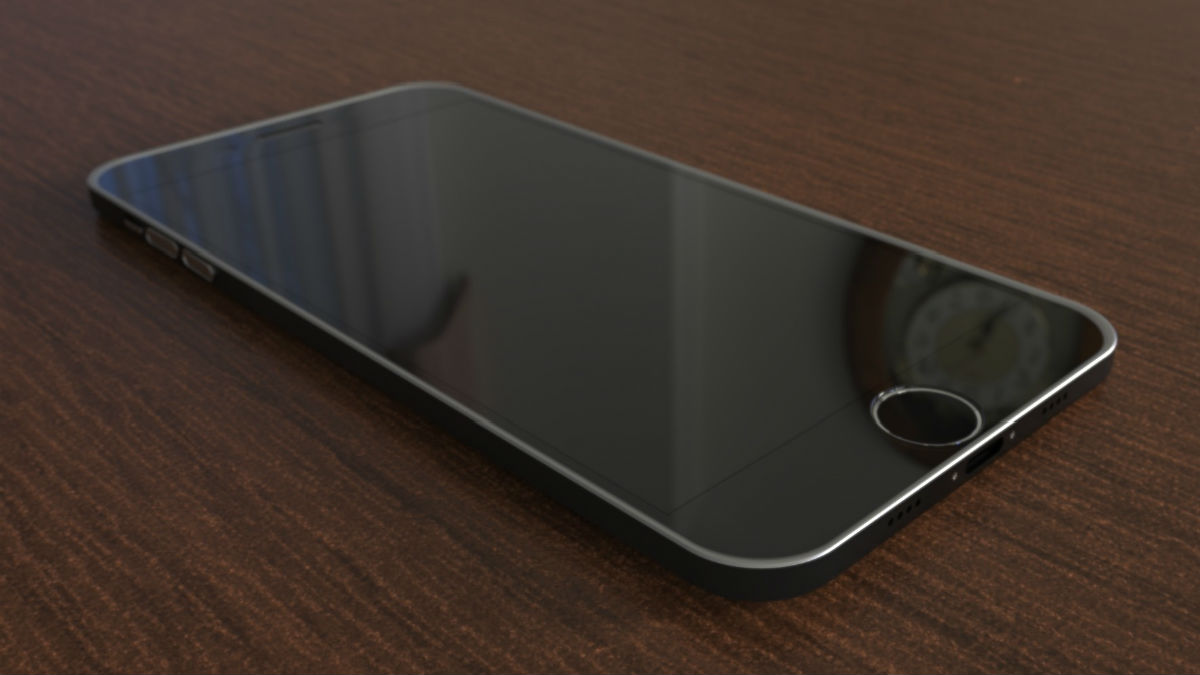
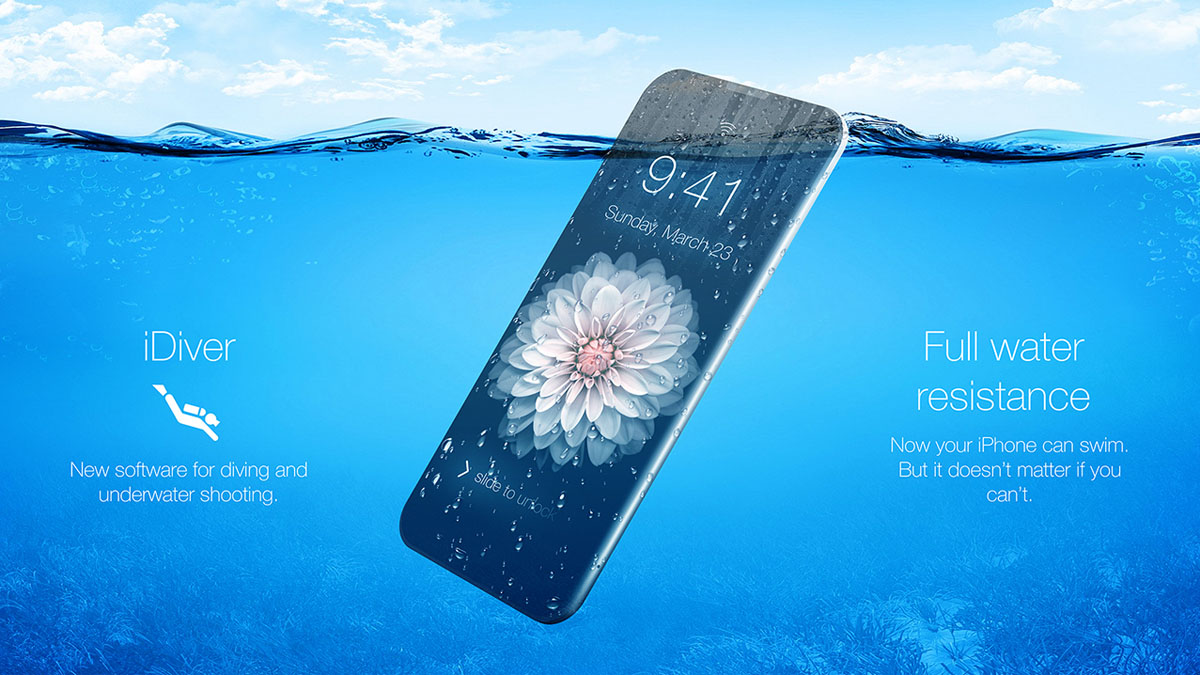
The iPhone may have done more than any other device to break down the divide between business and personal smartphones, and the iPhone 7 is likely to bring new benefits to both personal and professional customers.
Since the launch of the first iPhone, Blackberry-wielding business people have been keen to make the switch, and while corporate IT departments were initially reluctant to accommodate them, most now encourage their employees to bring in their own phones – and Apple has worked to ensure that its products meet the needs of corporate customers too.
Reports of the next upgrade, likely to arrive in September and to be called either the iPhone 6S or iPhone 7, are already leaking out, and it seems likely that a series of small but significant tweaks to the software and hardware will add up to a significant change to Apple's core business customers.
The Week
Escape your echo chamber. Get the facts behind the news, plus analysis from multiple perspectives.

Sign up for The Week's Free Newsletters
From our morning news briefing to a weekly Good News Newsletter, get the best of The Week delivered directly to your inbox.
From our morning news briefing to a weekly Good News Newsletter, get the best of The Week delivered directly to your inbox.

What business users can expect from the iPhone 7
Force touch
The biggest new feature believed to be in the pipeline for the iPhone 7 is the introduction of Force Touch, which is likely to have particular benefits for business users. First developed for the Apple Watch, Force Touch is a pressure-sensitive touchscreen that can distinguish between a light touch and a longer, heavier press, and react differently to each. For example, a light tap on an email will open it for reading, while heavier pressure will launch the reply screen. When this is applied across the operating system, and in productivity apps, it is likely that business users will be able to accomplish many of their regular tasks more quickly and with fewer steps. Bloomberg reports that an iPhone 7 equipped with Force Touch entered "early production" at the beginning of July.
Built-in electronic Sim
The timing of this development is less certain, but Apple is known to be working on an electronic version of the Sim card to replace the removable slivers of plastic and foil that have been standard on smartphones since their inception. An electronic Sim, which would allow people to switch easily between networks and payment plans, could have particular benefits for business users, who could set up separate accounts for professional and personal calls – and avoid costly roaming charges by switching to local network providers while overseas. According to the Financial Times, 3 Mobile, Vodafon and Orange are prepared to switch to electronic Sim cards in the UK, as is AT&T in the US. Its report suggests that although the technology will not be ready this autumn, it should be available for Apple to deploy on the iPhone 7 in little more than a year.
A free daily email with the biggest news stories of the day – and the best features from TheWeek.com
Better sound quality
Perhaps the most neglected of smartphone features is, ironically, the ability to make phone calls. Apple, in particular, has been accused of failing to pay sufficient attention to this essential function, with many users logging complaints about sound quality during calls. According to Ming-Chi Kuo, an analyst at KGI Securities with a good track record of publishing pre-launch information about Apple products, the iPhone 7 will attempt to redress these complaints by adding another microphone at the bottom of the handset, near the speaker. That will improve the sound quality of Facetime and Skype sessions as well as voice calls.
iPhone 7 battery life
Battery life remains an Apple weak spot, and early reports about the iPhone 7 bring mixed news. Business users in particular tend to hammer their batteries, often while travelling and with unpredictable access to power sources. For them, the improved power efficiency that comes with the A9 chip won't go amiss, but nor will it provide the step change that many will have been hoping for. That would require an increase in battery capacity, which Apple seems unlikely to provide. In an interview with the Financial Times earlier this year, Ive all but ruled out compromising the aesthetics of the iPhone 6S or 7 in order to accommodate a bigger power pack. "When the issue of the frequent need to recharge the iPhone is raised," the FT says, "[Ive] answers that it's because it's so light and thin that we use it so much and therefore deplete the battery. With a bigger battery it would be heavier, more cumbersome, less 'compelling'." Business users might retort that it’s the pressing nature of their work rather than the beguiling slimness of the iPhone that leads them to check their emails, but it seems that their protests will not be heard.
Battery life, part two
Wired suggests one possible solution to the power vs size conundrum. This year's MacBooks included a new battery technology that packs more power-holding capacity into the same space – 35 per cent more, in fact. Add that to the 35 per cent efficiency boost supposedly provided by the new operating system and you have a battery that should make it through the working day. There's no guarantee that it will make its debut on the iPhone 7, but Wired says "it’s not a stretch that this year’s [iPhone] model could include the new battery tech".

Dynamic home button
The first iPhone transformed the way we interacted with smartphones, introducing the now-standard pinch to zoom and swipe to unlock gestures. According to Business Insider, the iPhone 7 could add more gestures to its arsenal, further increasing efficiency and multi-tasking capabilities. It examines a patent filed by Apple which "details an iOS home button capable of detecting various gestures along with the force of each touch. In other words, imagine Force Touch, albeit applied to the home button as opposed to the device's display."
Better front-facing camera
Although it is often dismisses as a selfie-cam, a phone's front-facing camera can be a useful business tool too – and clues embedded deep in Apple's new operating system suggest that it will get a big upgrade on the iPhone 7. Macworld reports that camera resolution will increase from 1280x960 to 1920x1080, which means that Skype and Facetime conversations with colleagues and clients will be sharper and smoother. The same source suggests that it will also be capable of recording slow-motion video, and come with a flash, but those new features are perhaps of less interest to business users.
iPhone 7 performance upgrade
The iPhone 7 will come with a new processor, likely to be called the A9, which will bring improved performance. TechRadar says the new chip will be "15 per cent smaller, 20 per cent more powerful and 35 per cent more power efficient than the Apple A8 processor found in the iPhone 6 and iPhone 6 Plus". The increased speed will, as ever, be welcome, but for many the improved power-management will be the more useful development.
Software upgrade
Apple has already released a test version of its next operating system, iOS 9, which is expected to go live when the iPhone 7 is released this autumn. It will bring with it a range of improvements likely to make the lives of power users a little bit easier, including, significant improvement to its Maps app, smarter implementation of shortcuts and a major overhaul for Notes (see below). It is also intended to improve power management and therefore battery life – another sign that Apple is attempting to solve this problem through better use of available power rather than increased batter capacity.
Improvements in Maps
Apple's first attempt at a mapping app was widely mocked, and since Google Maps was allowed back into the App Store many people have switched back to the tried and tested version. With the coming of iOS 9 and the iPhone 7, it might be worth another look at Apple's version, especially if you travel regularly for business or leisure – particularly if you're planning a trip to China. The embarrassing errors that plagued the original iPhone Maps app are long gone, and the new edition introduces highly detailed public transport directions, which will, for example, tell you which Tube station entrance will get you to your train most quickly. This feature is available in six US cities (including New York and San Francisco), as well as London, Berlin, Toronto, Mexico City and, oddly, 300 cities in China.
New Notes app
Apple's Notes app has, until now, been a pretty basic affair, and most serious business users will have opted to use Evernote or something similar to compile jottings, task lists and other crucial information. With iOS 9, Apple is hoping to woo back those business users with "a redesigned Notes app [that] provides great new ways to capture ideas" – according to Apple's head of software engineering. The warm words seem to be backed up with new functionality too: iPhone 7 users will be able to convert lists into interactive to-do lists, on which you can cross off items as you go, and you can also sketch with your finger to link up areas of text or add visual reminders. Web links and maps include graphical previews, and you will be able to add photos to notes without having to close the app and fire up the camera. Other Apple tools will also be better integrated with the app, so that you can use it as a repository for a range of media, rather than simply text memos. "Notes is now a destination in iOS 9’s Share sheets so you can compile webpages from Safari, directions from Maps, or attachments from another app right into your Notesm," says MacWorld.
Passbook becomes Wallet
Apple's Passbook app, the main use of which for frequent travellers is as a place to store electronic boarding passes, as well as other loyalty cards and tickets, will be replaced with the Wallet app within iOS 9. The existing functionality is largely unchanged, but there will be a significant addition: Wallet will also be the home of Apple Pay, the company's electronic payment system, which allows you to buy high-street goods and services by tapping your phone against a sensor at the till. Wallet will allow you to store several debit and credit cards – for example, different cards for business and personal expenses – and select which one you wish to use to complete each transaction.
iPad upgrade
iOS 9 will also been pushed to the iPad, on which it will enable some potentially significant productivity gains. As well as improvements to the mapping app, it will also enable split screen multi-tasking, allowing you to run more than one app at once and switch seamlessly between the two in a range of different ways. The most obvious multi-tasking mode is Split View, in which each app takes up half the screen, but there are two other modes too: Slide Over and Picture-in-Picture. The former enables you to pin one app to the right-hand side of the screen as a sort of toolbar, while the latter lets you hold a FaceTime conversation while keeping another app running in the background – handy for keeping track of data or other prompts while on a conference call. The new operating system will also introduce a new keypad for the iPhone, designed to make long-form text input more efficient.
New QuickType shortcuts
The iPad version of iOS 9 also introduces a range of keyboard shortcuts, which for some users could make Apple's tablet a viable alternative to a laptop. One small but useful addition is a set of shortcut buttons for copying and pasting text, but the more significant feature is the iPad's new trackpad mode. If you place two fingers on the keyboard, it will start to behave like a laptop trackpad, letting you control the cursor with your fingertips. "This allows you to move the cursor around in a way that feels natural from years of experience with a computer," says TechCrunch, "when cursor movements on the iPad used to be truly painful." You will also be able to use conventional shortcuts if you're typing on an external plug-in keyboard.
Video: what we know about the new iPhone
[[{"type":"media","view_mode":"content_original","fid":"83112","attributes":{"class":"media-image"}}]]
-
 The Olympic timekeepers keeping the Games on track
The Olympic timekeepers keeping the Games on trackUnder the Radar Swiss watchmaking giant Omega has been at the finish line of every Olympic Games for nearly 100 years
-
 Will increasing tensions with Iran boil over into war?
Will increasing tensions with Iran boil over into war?Today’s Big Question President Donald Trump has recently been threatening the country
-
 Corruption: The spy sheikh and the president
Corruption: The spy sheikh and the presidentFeature Trump is at the center of another scandal
-
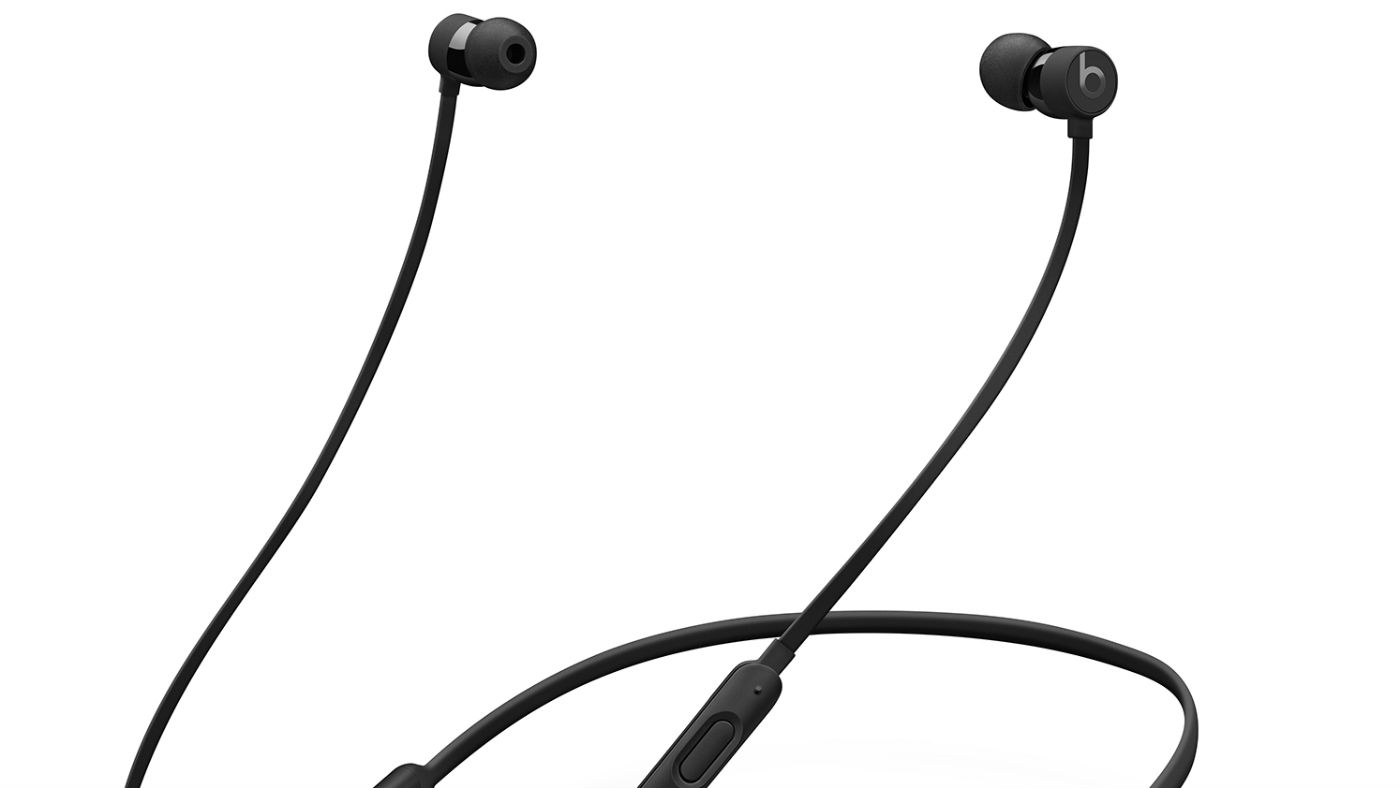 Beats X vs Apple AirPods: Which is better?
Beats X vs Apple AirPods: Which is better?The Week Recommends They're cheaper and less flashy than Apple's offering, but are the Bluetooth headphones any good?
-
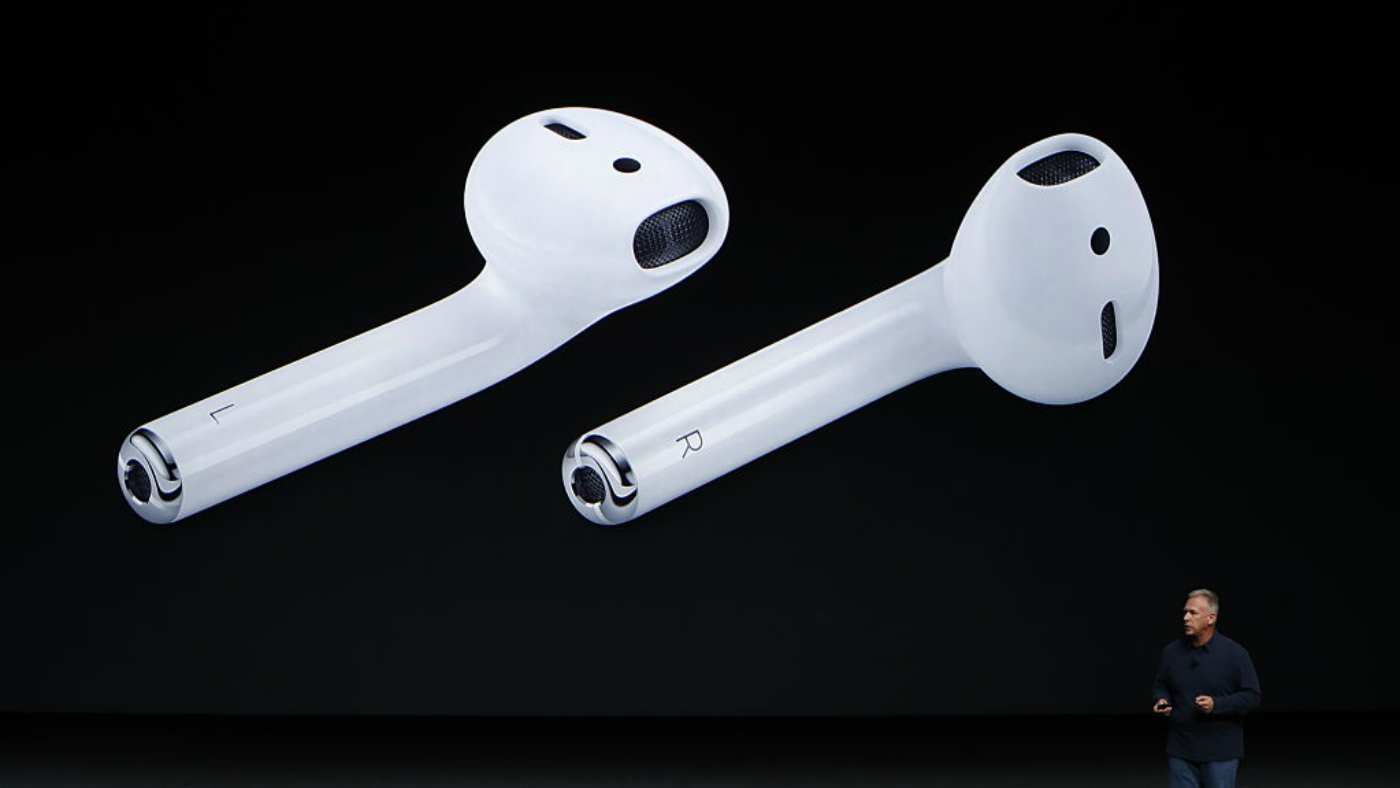 Apple AirPods: Reviews and price
Apple AirPods: Reviews and priceThe Week Recommends Wire-free AirPods offer one-tap connectivity with Apple devices, but are they worth buying?
-
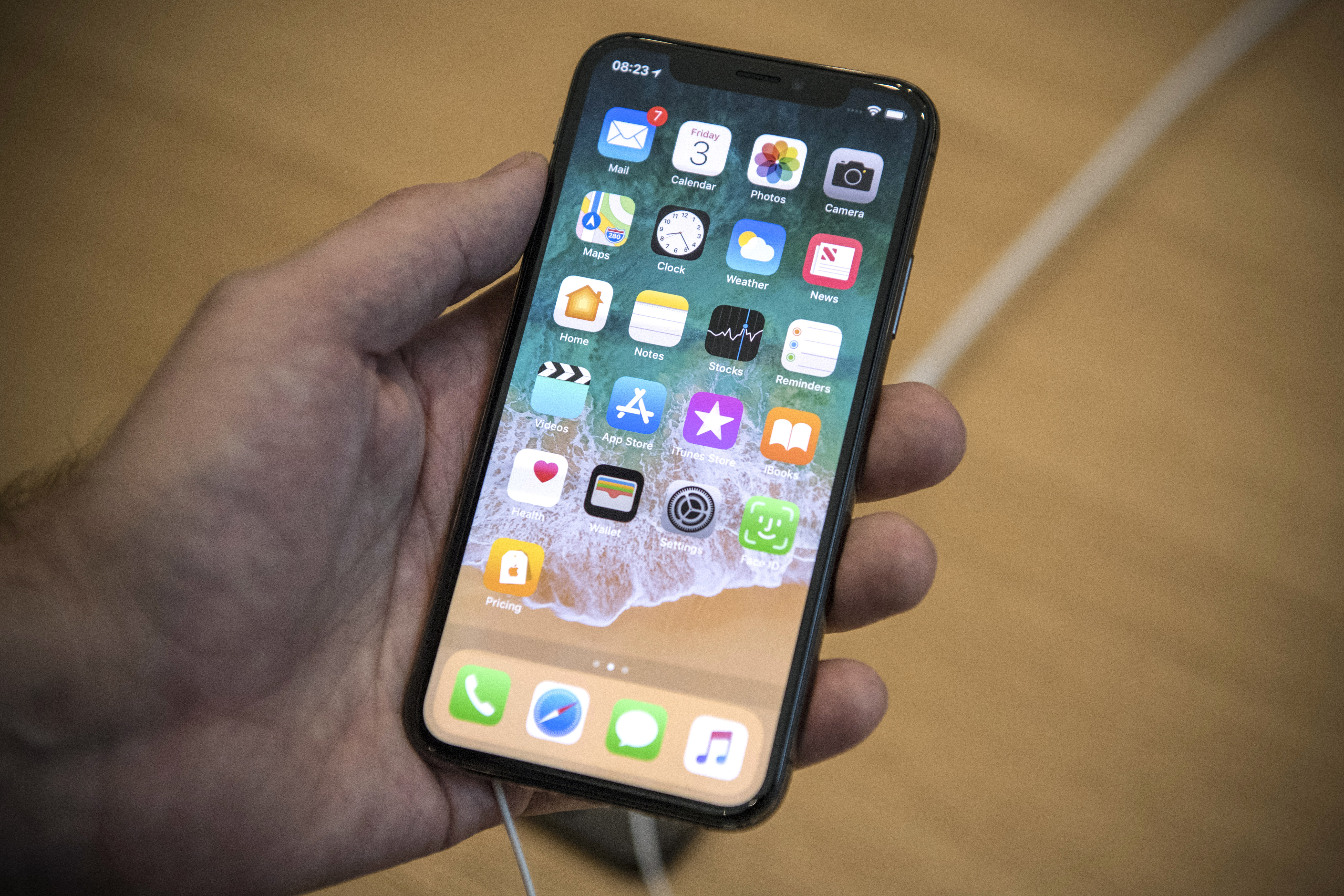 Apple’s iPhone X: is it worth it?
Apple’s iPhone X: is it worth it?In Depth The tech giant is hoping that superfans – and the super-rich – will snap up its brand new all-glass iPhone with face ID
-
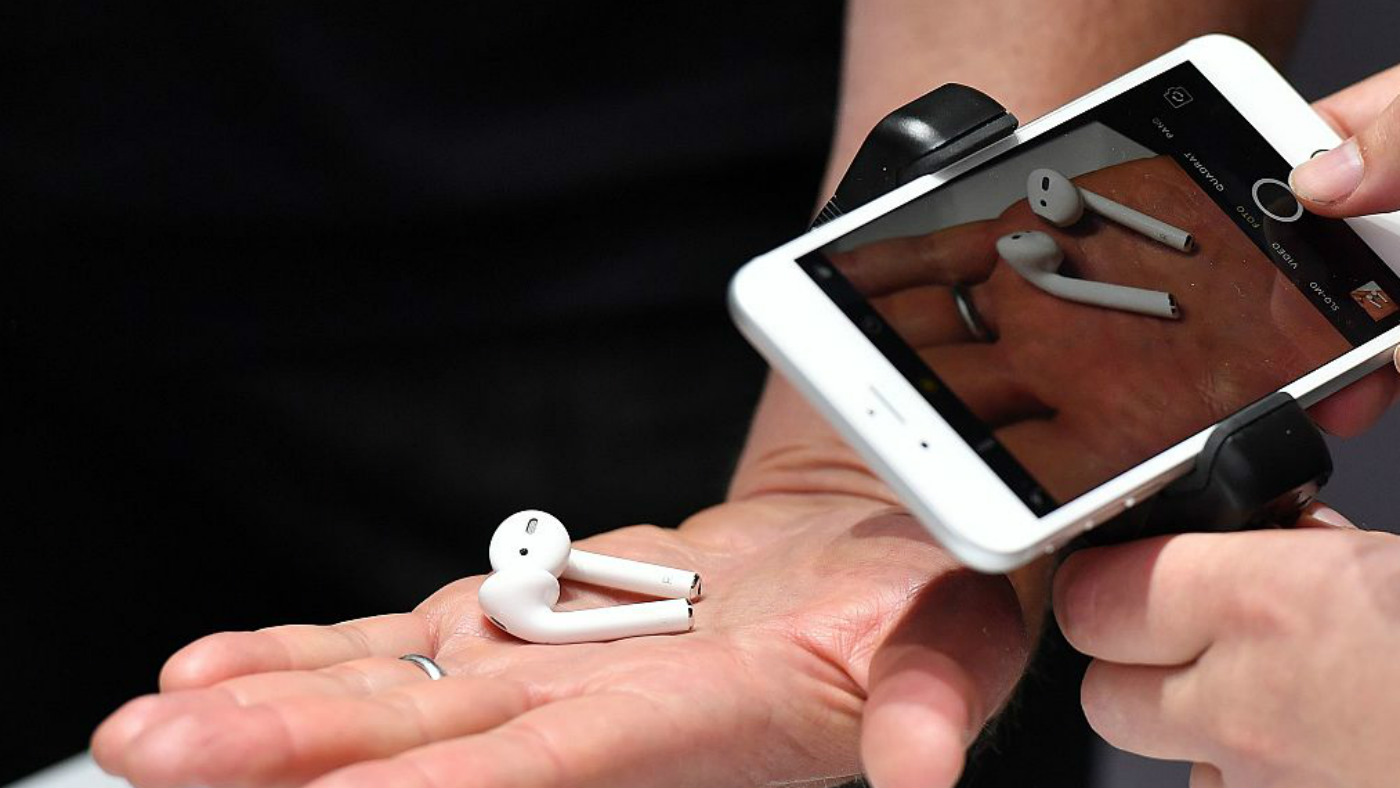 Apple AirPods: Everything you need to know
Apple AirPods: Everything you need to knowIn Depth Consumers are divided over Apple's new wireless headphones
-
 iPhone 7 concepts
iPhone 7 conceptsSpeed Read Here's what designers thought Apple should do with the iPhone 6s - and what they might do with the iPhone 7
-
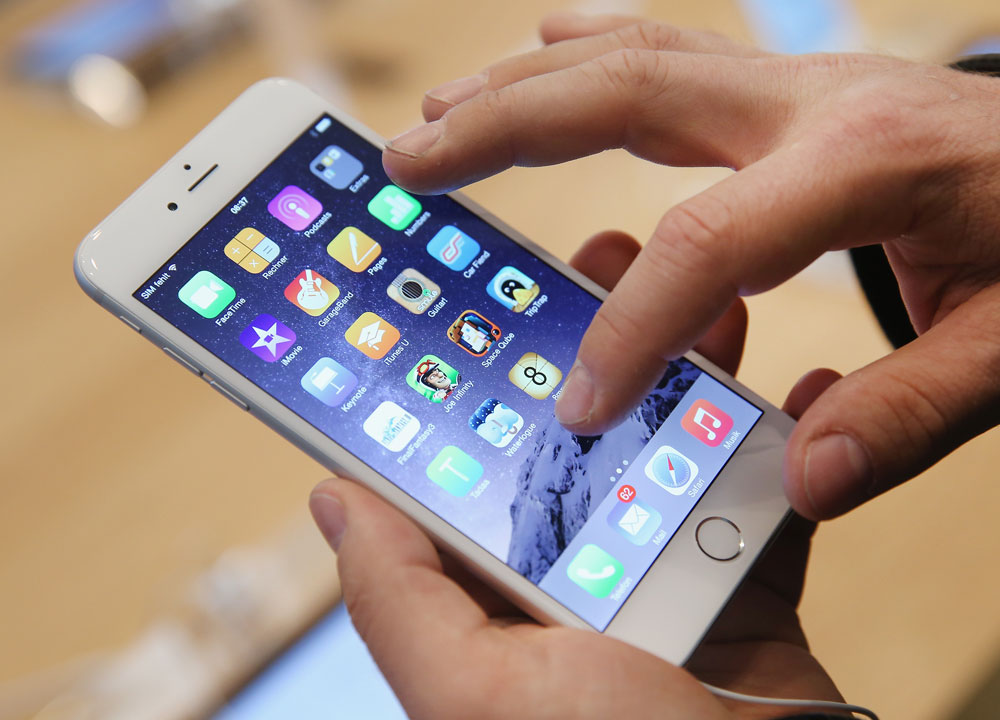 Apple iPhone can be hacked with just one tap
Apple iPhone can be hacked with just one tapSpeed Read Tech giant issues emergency software update after malware scam allows hackers to spy on users
-
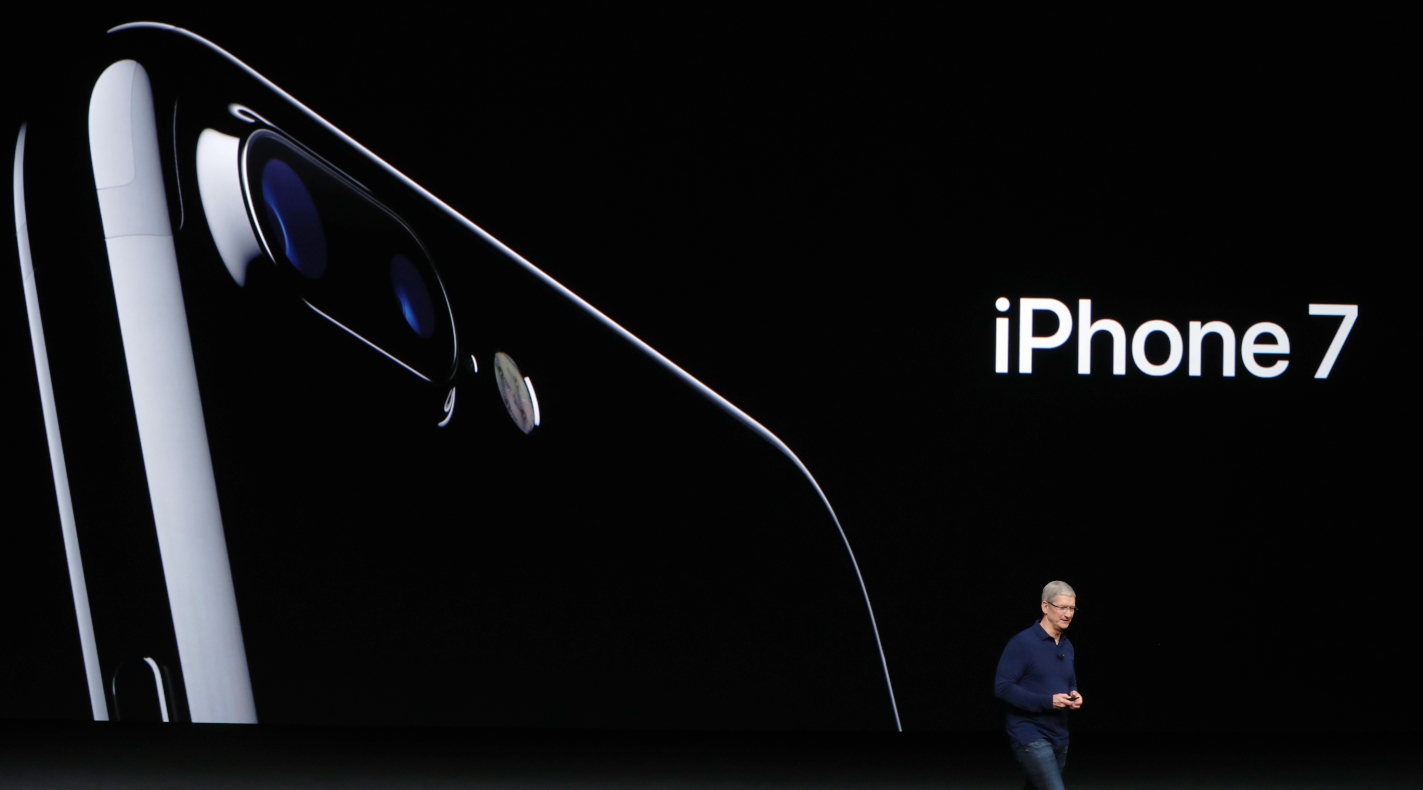 iPhone 7 review: Why the new iPhone is not worth buying
iPhone 7 review: Why the new iPhone is not worth buyingSpeed Read Critics say the phone's 'poor' battery life, predictable design and lack of headphone jack are 'disappointing'
-
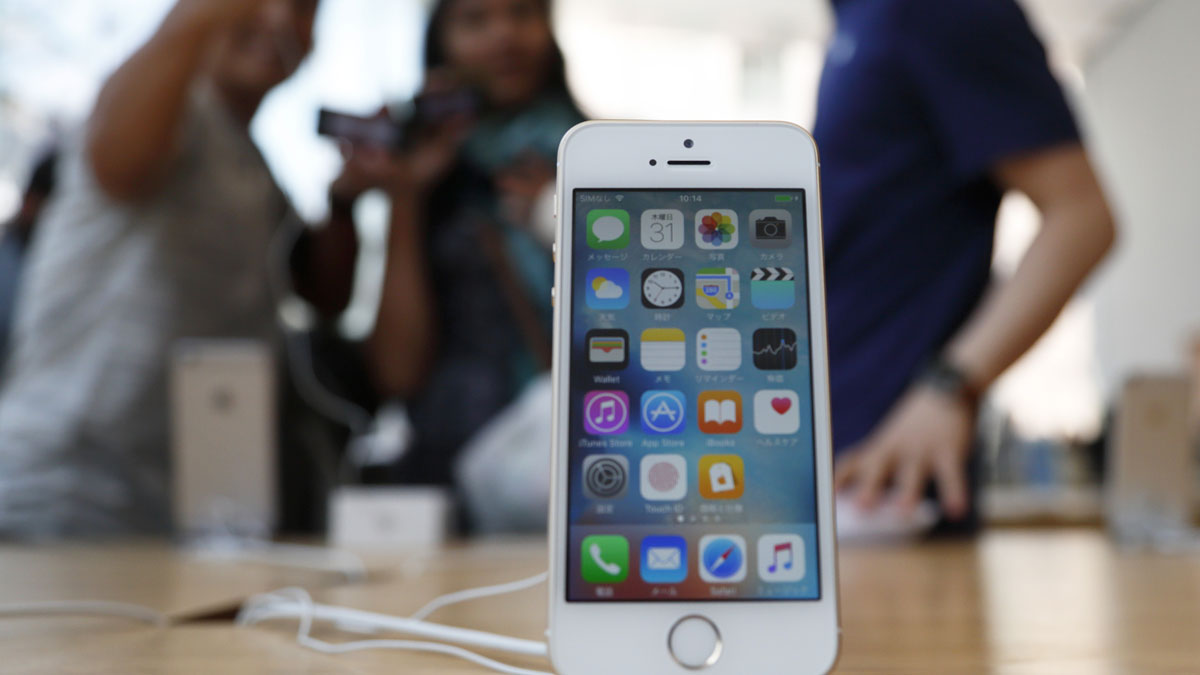 'Peak iPhone' blamed for Apple's falling revenues
'Peak iPhone' blamed for Apple's falling revenuesSpeed Read Tech giant reports its first drop for 13 years as iPhone sales decline in key markets